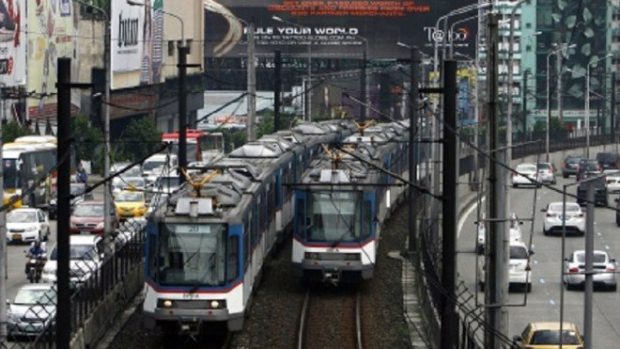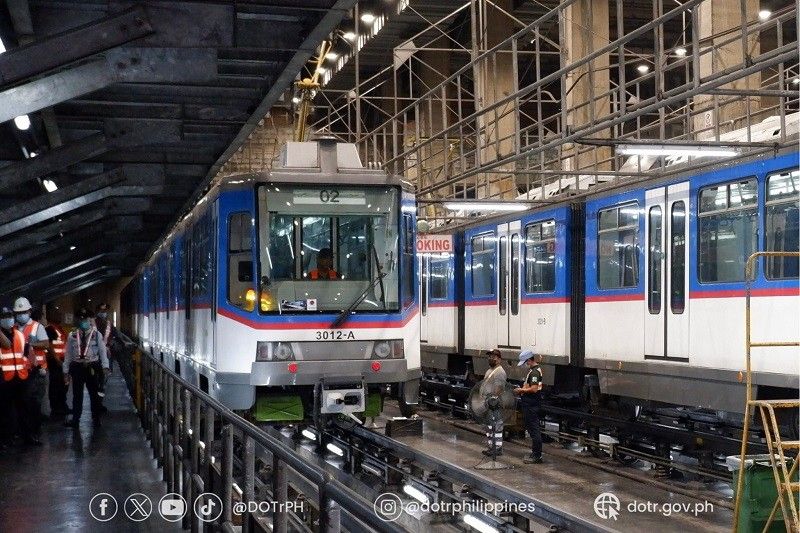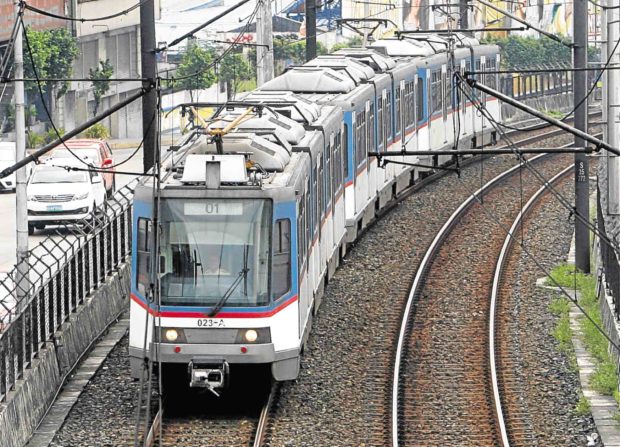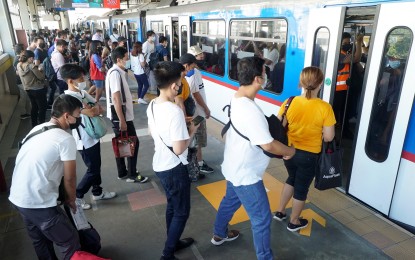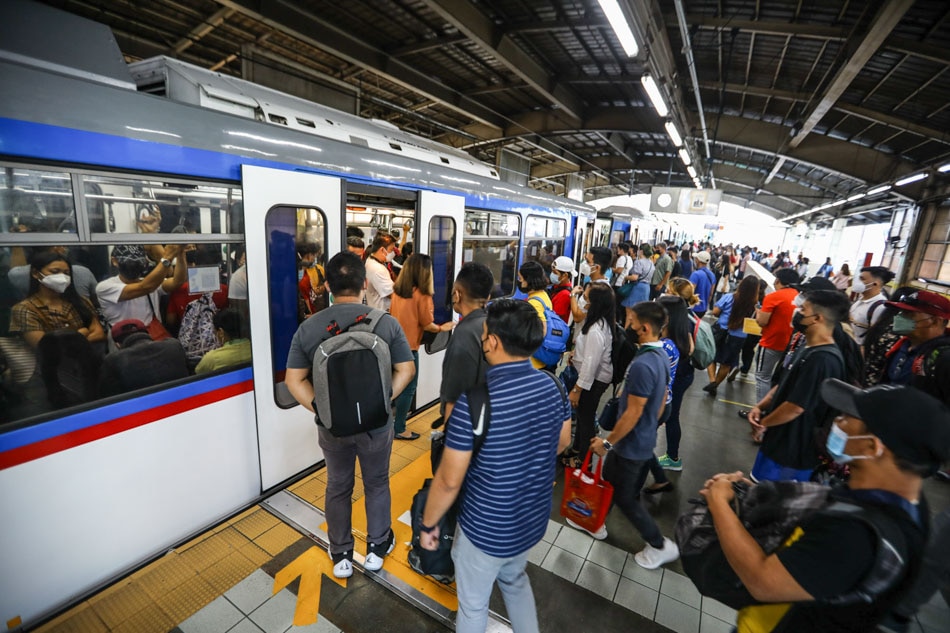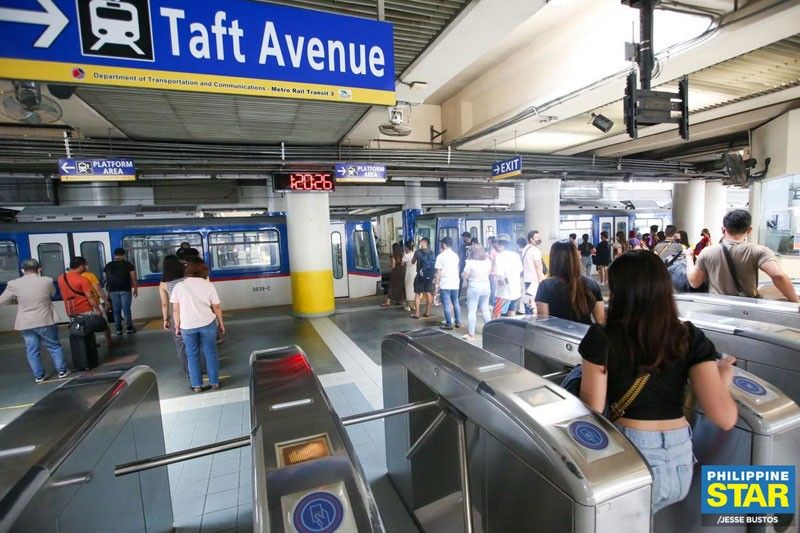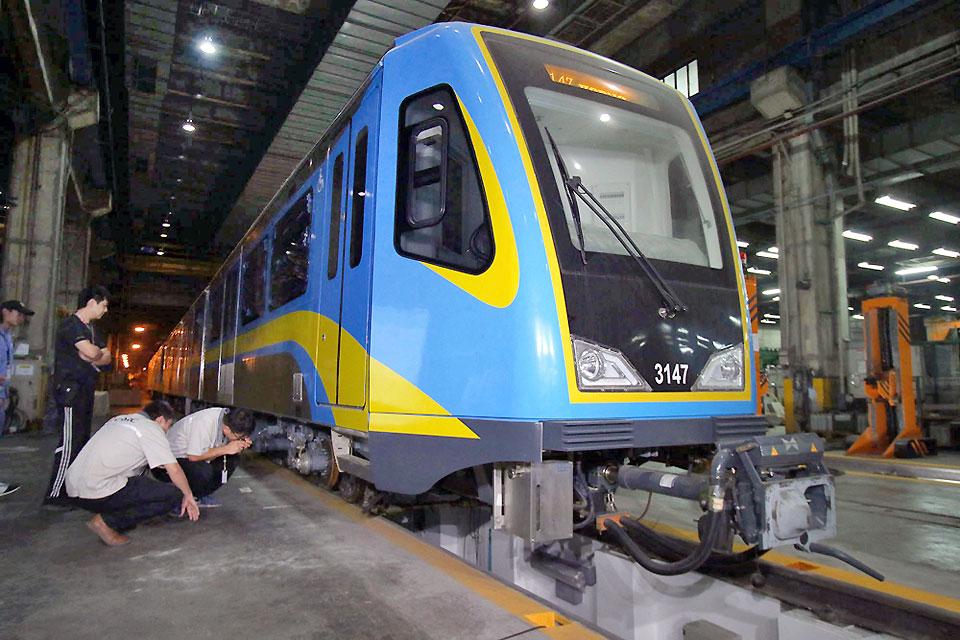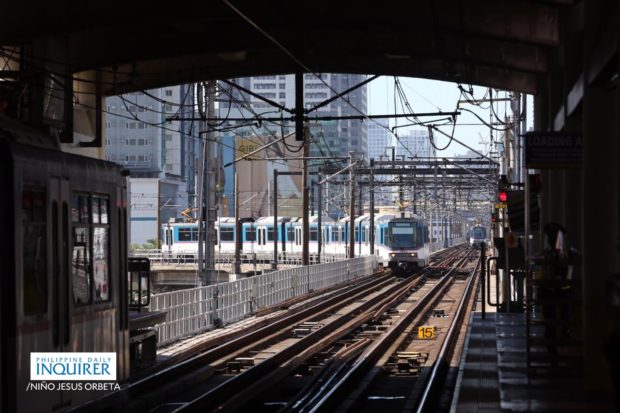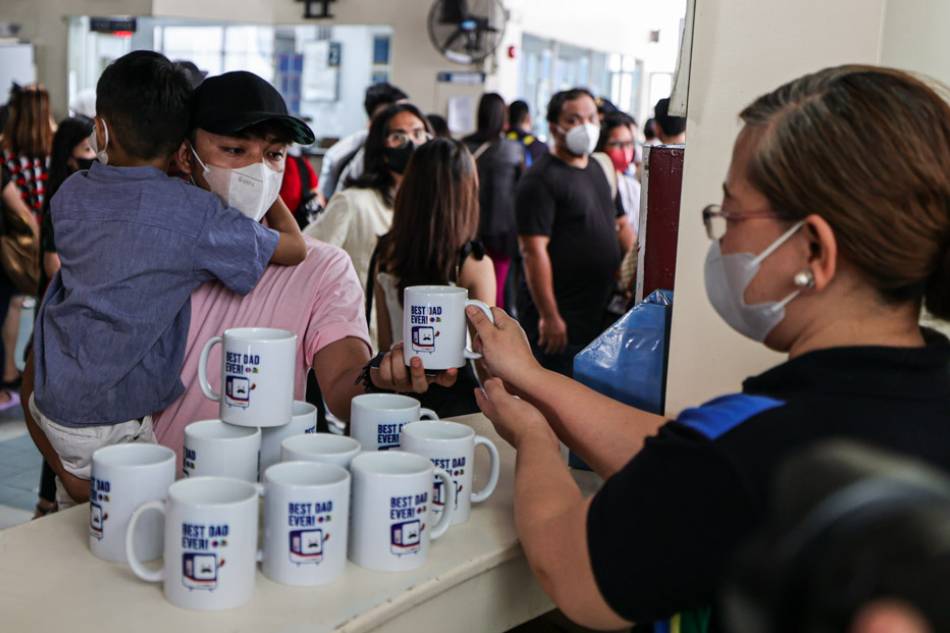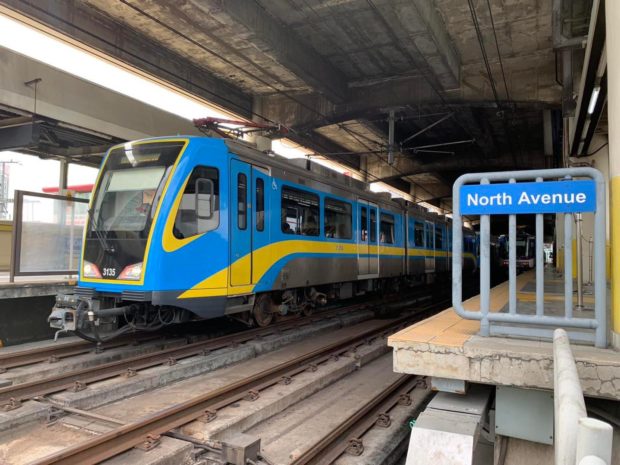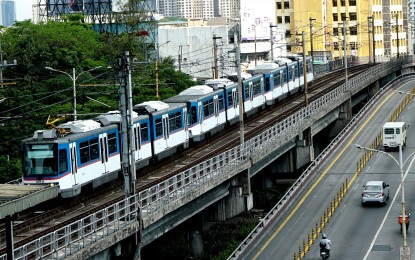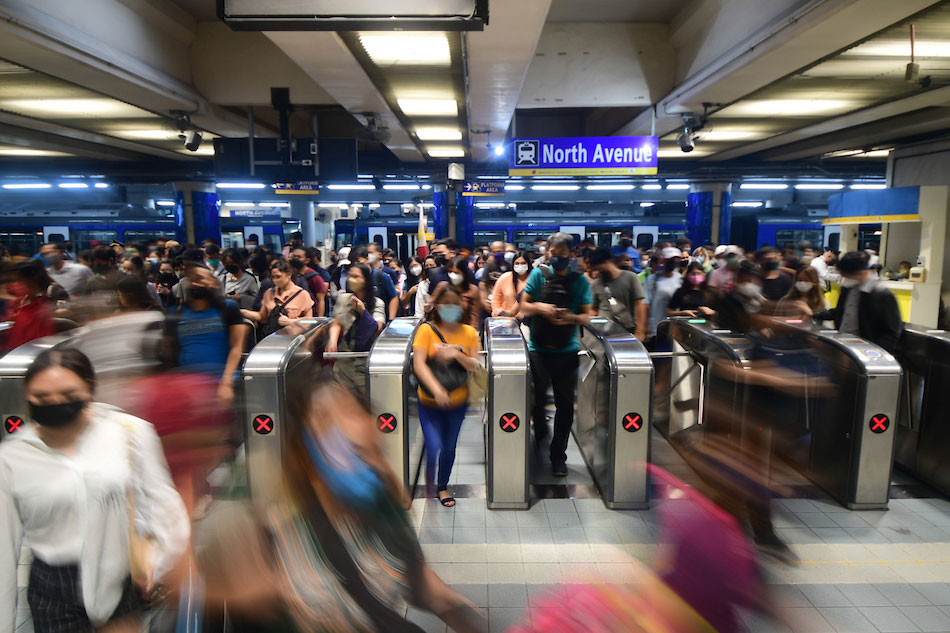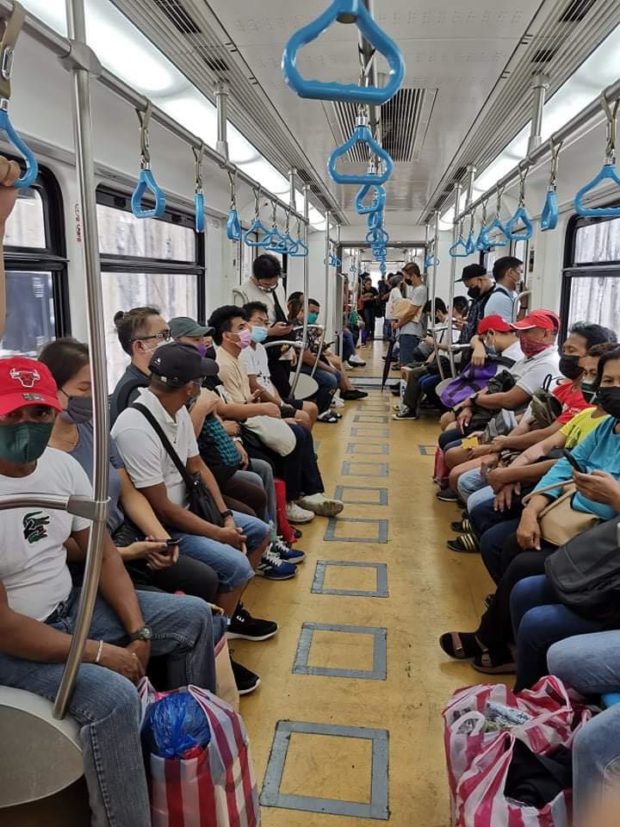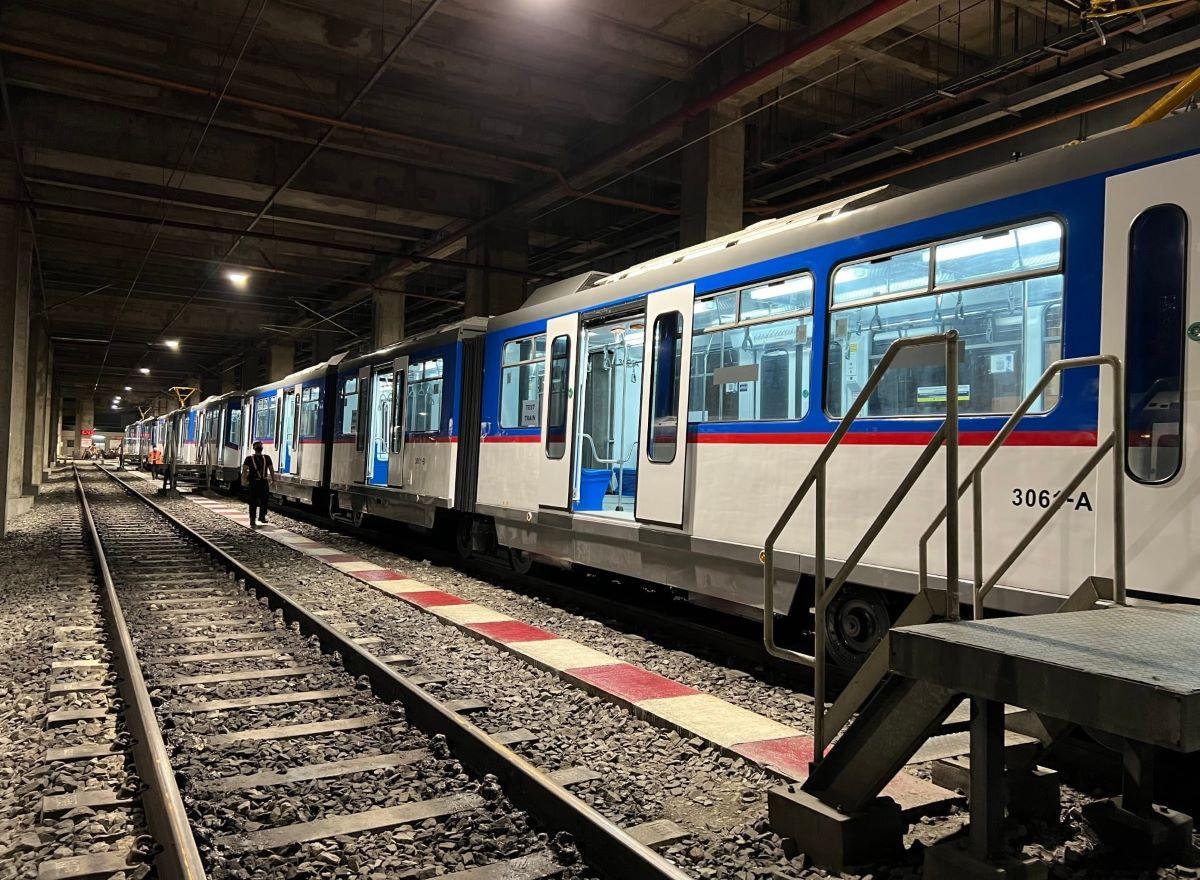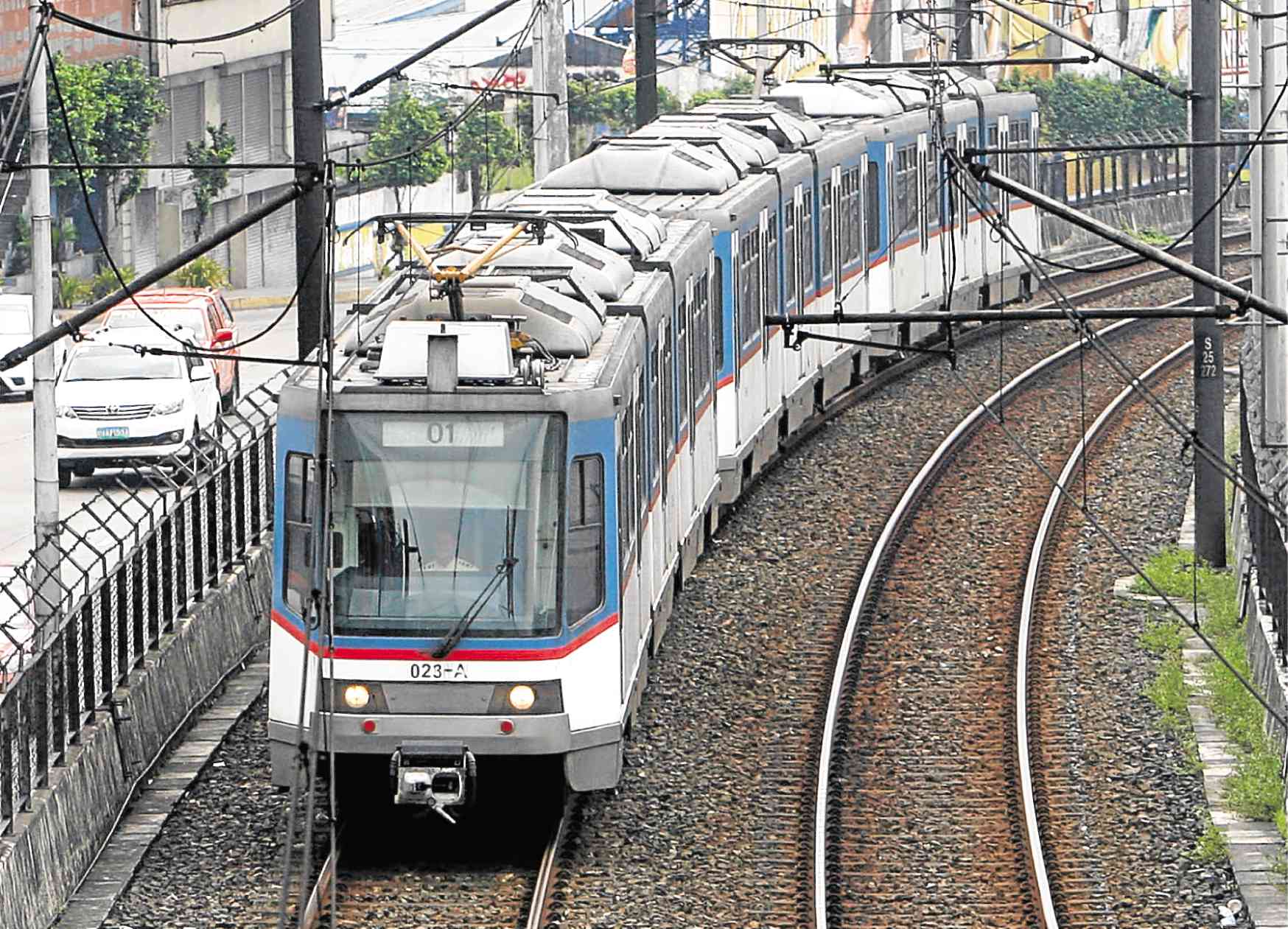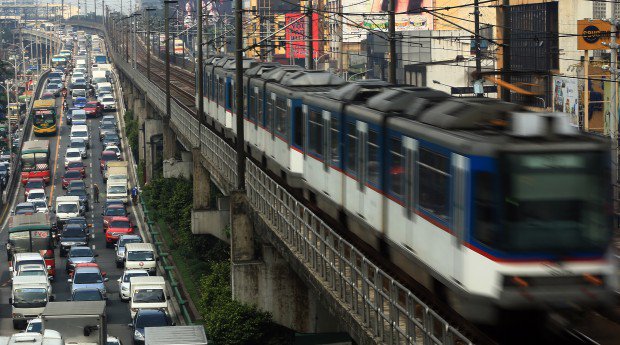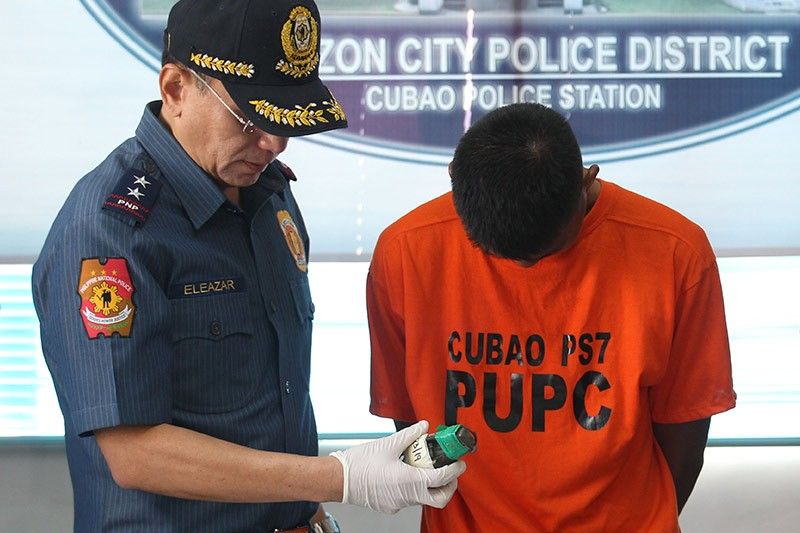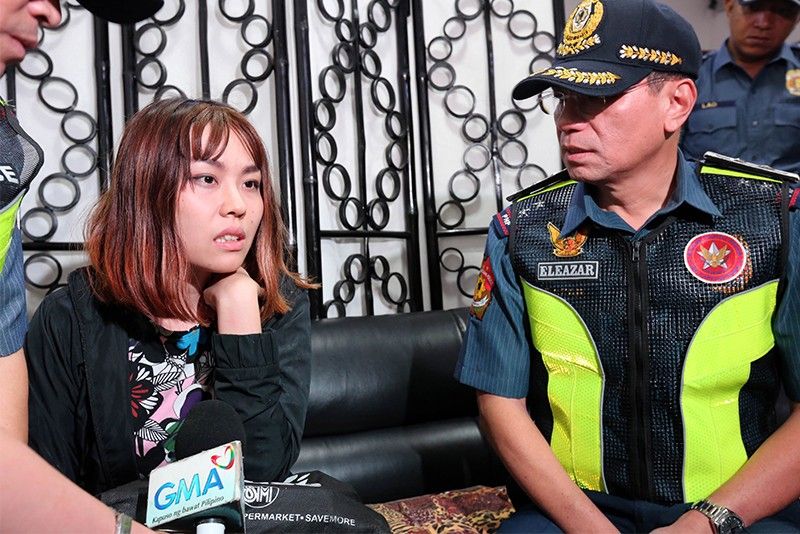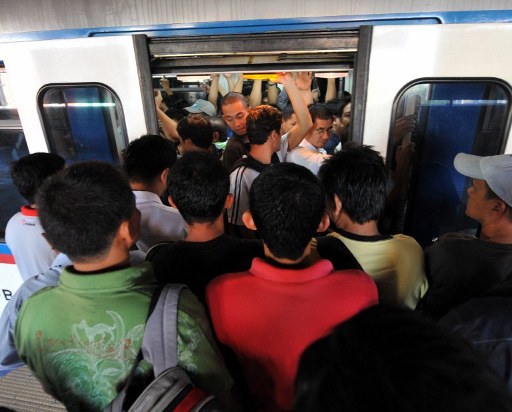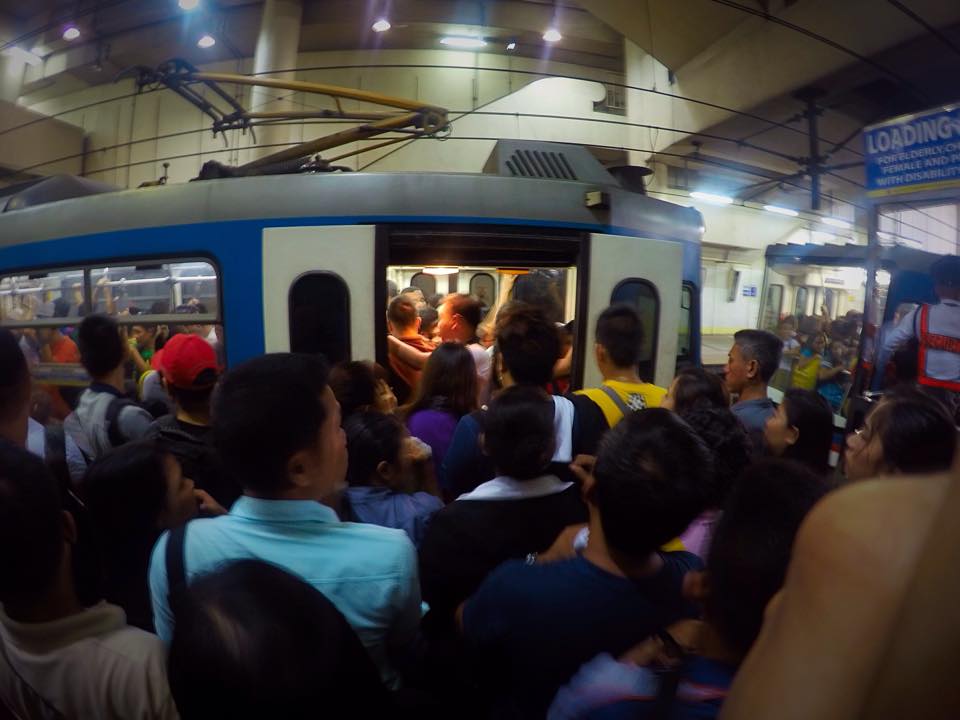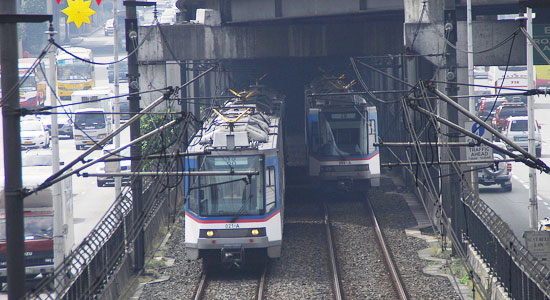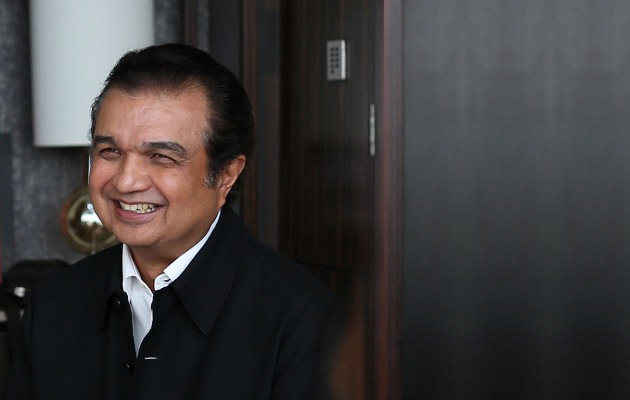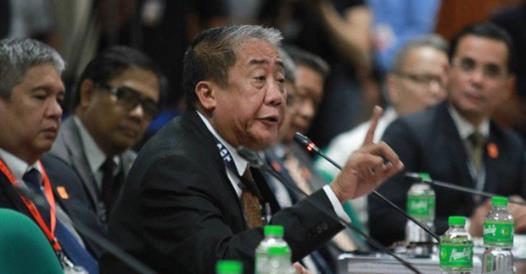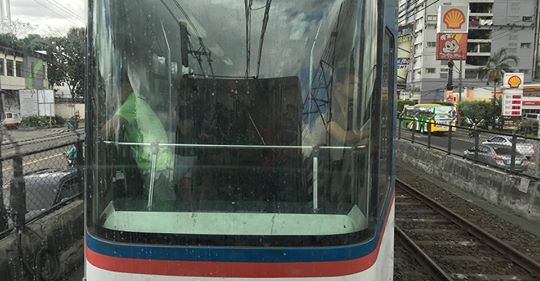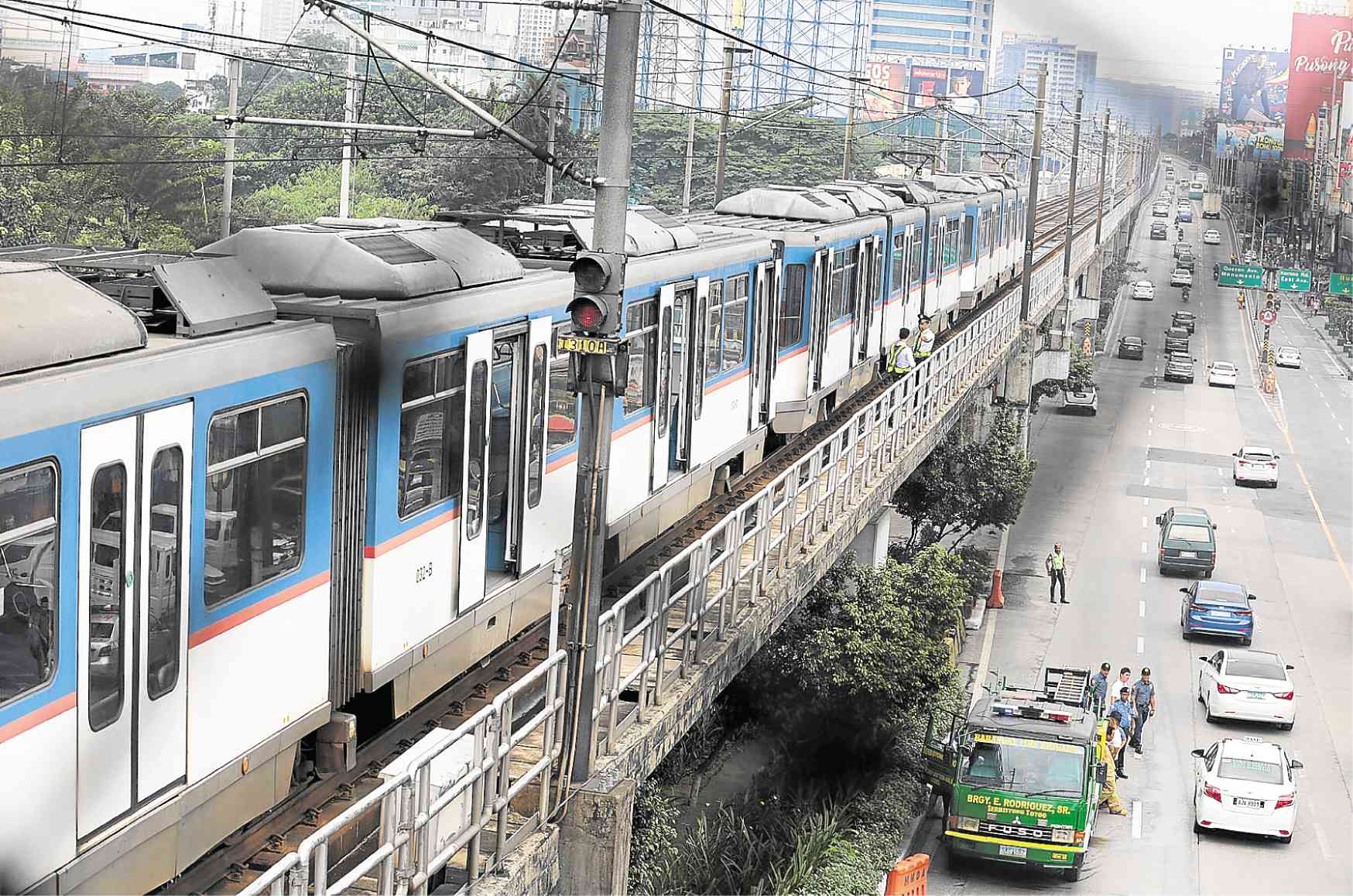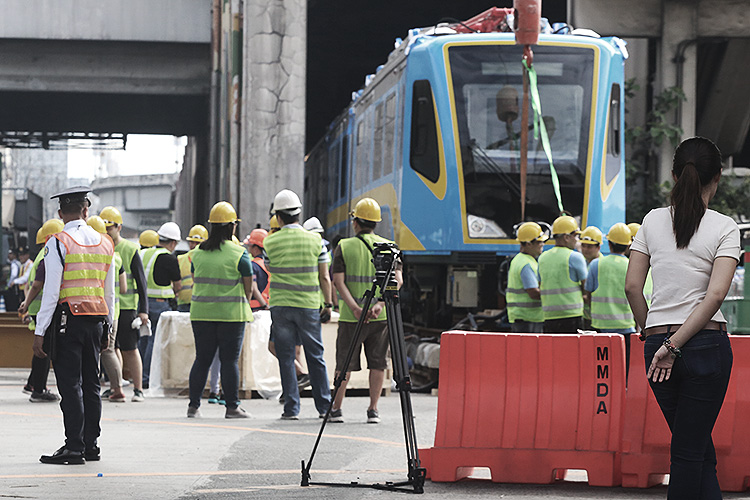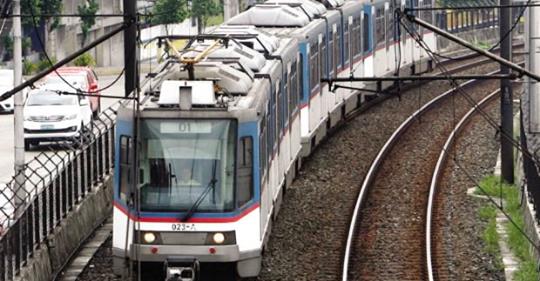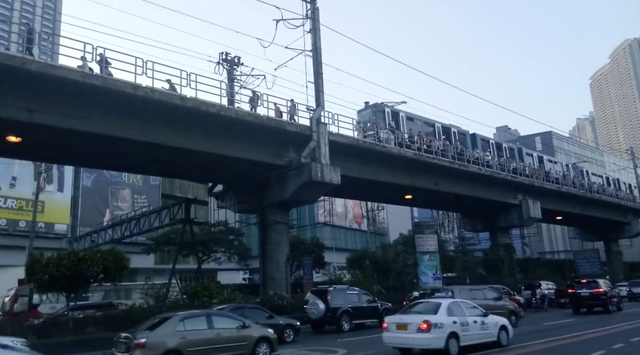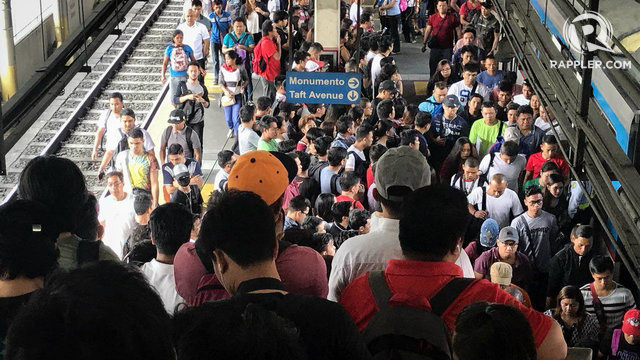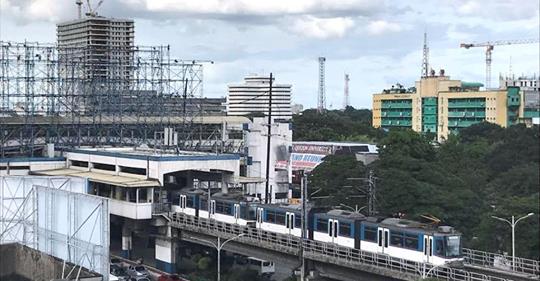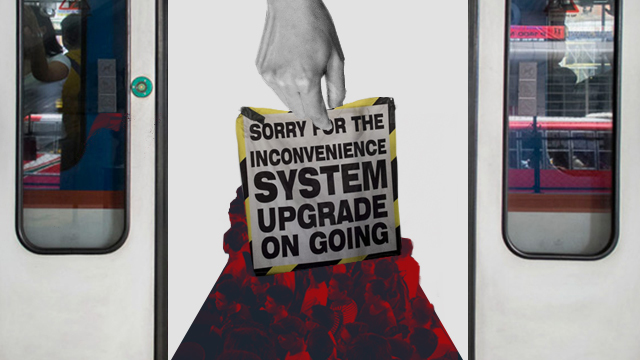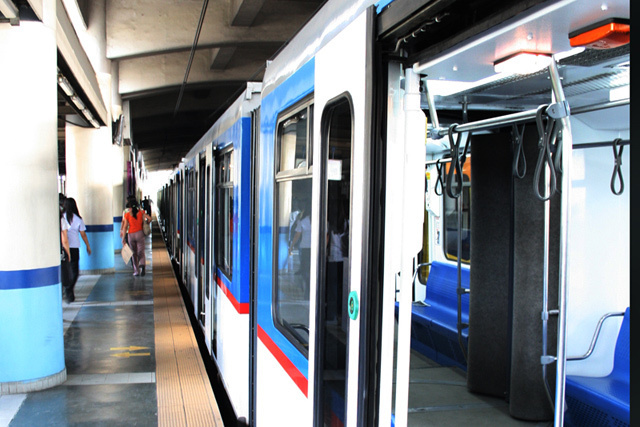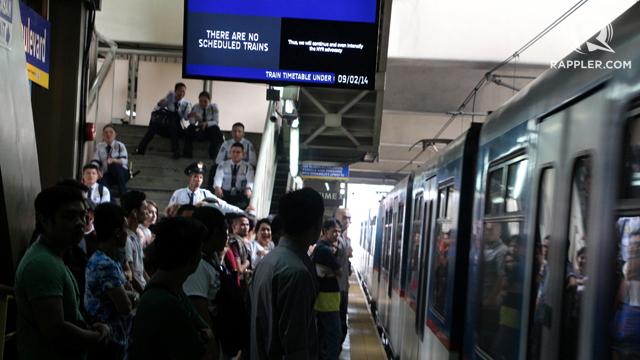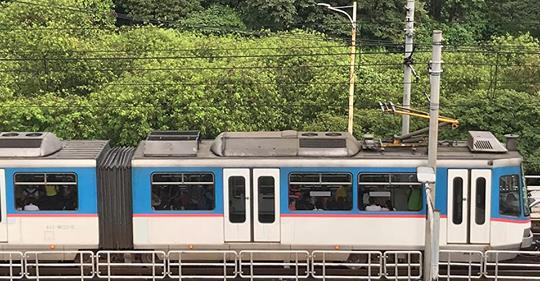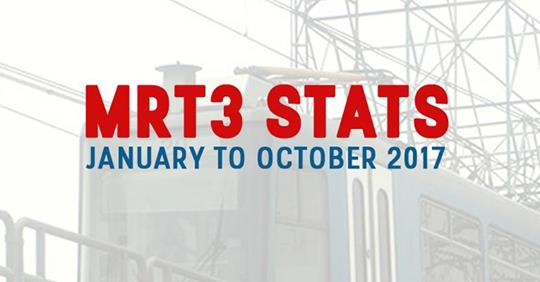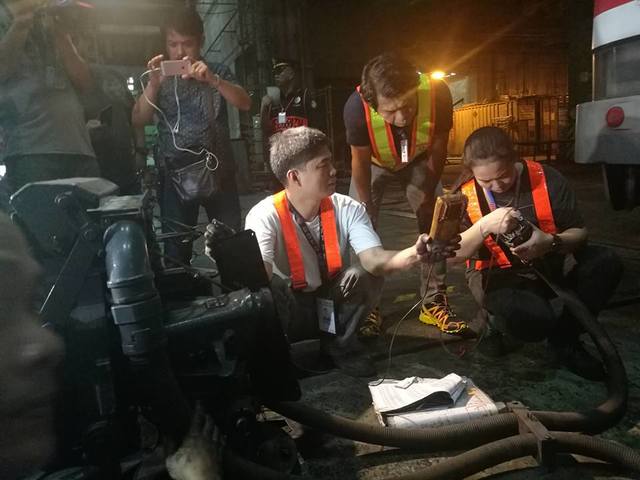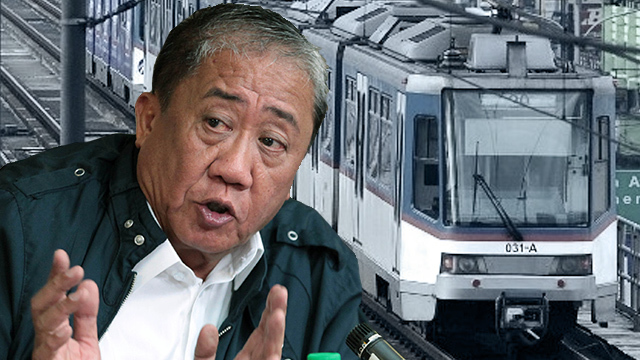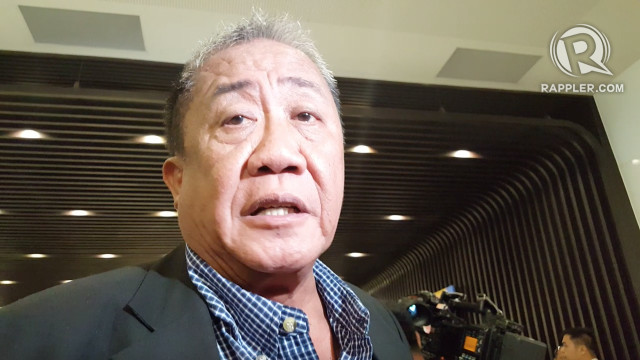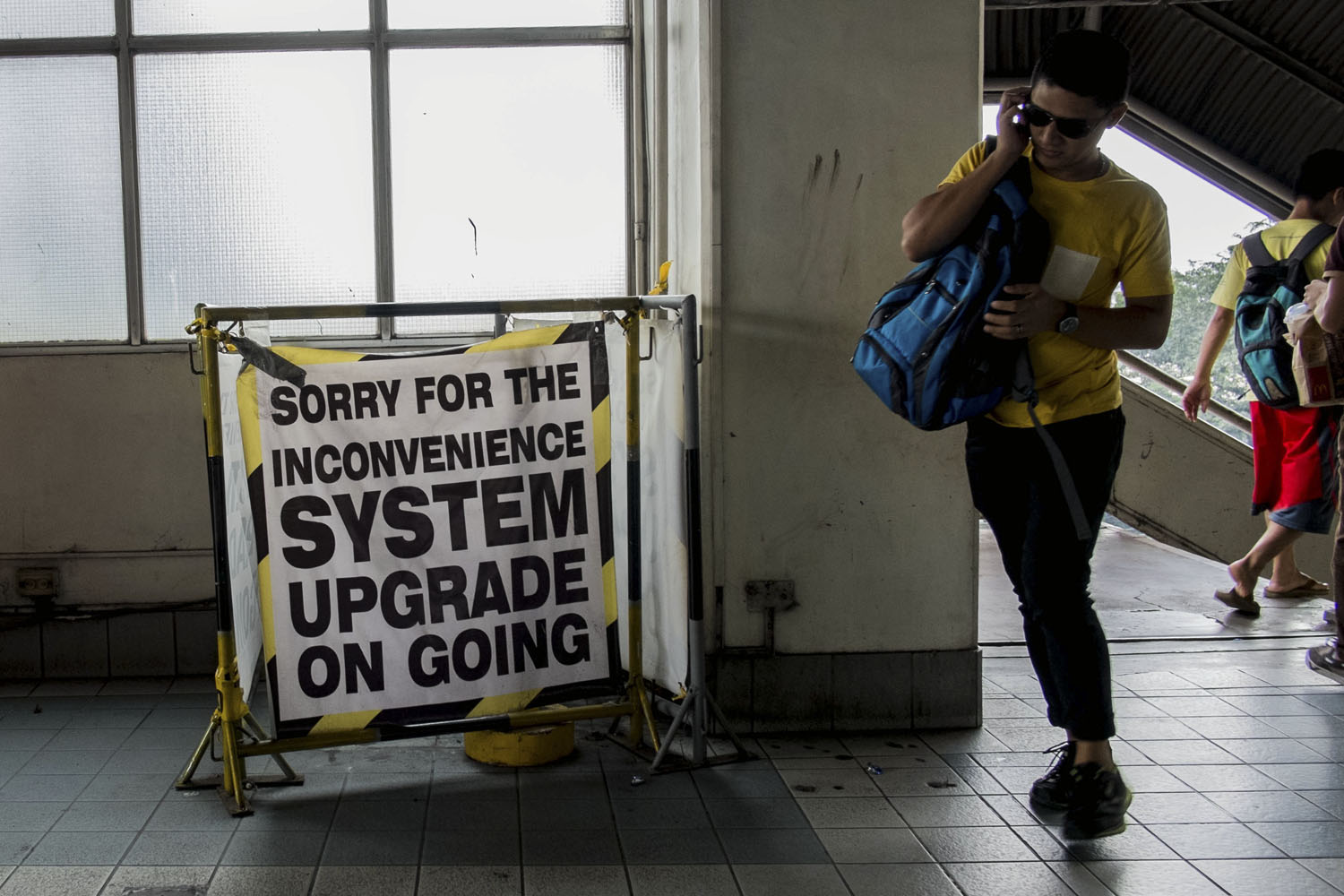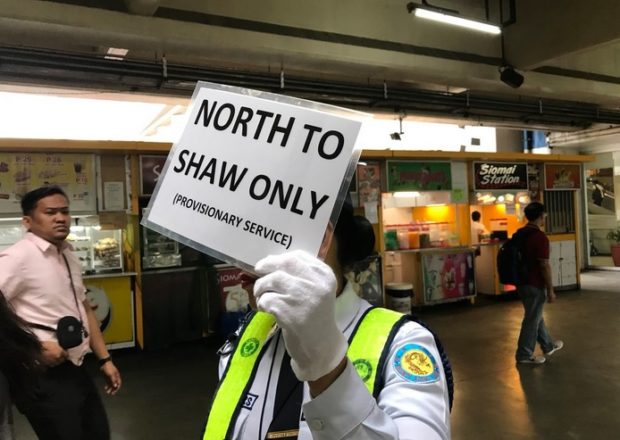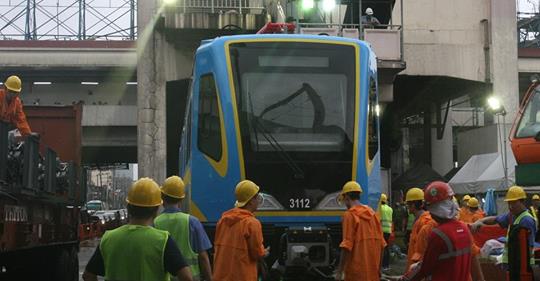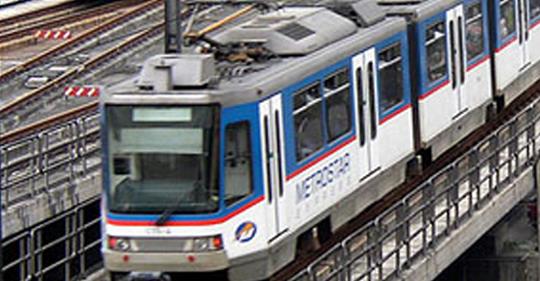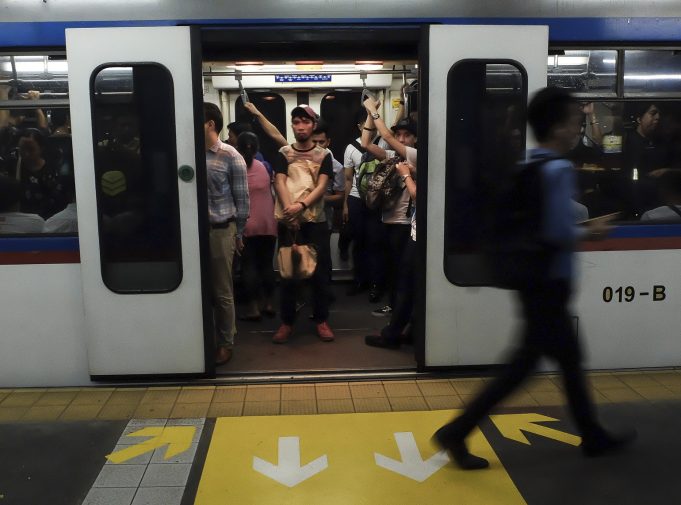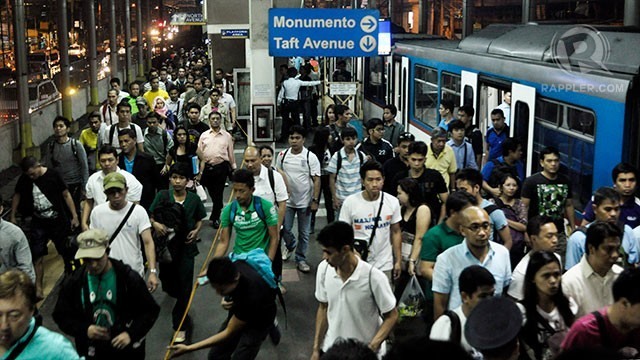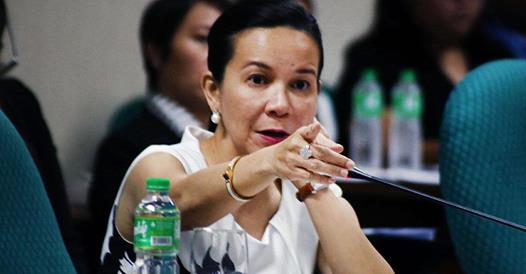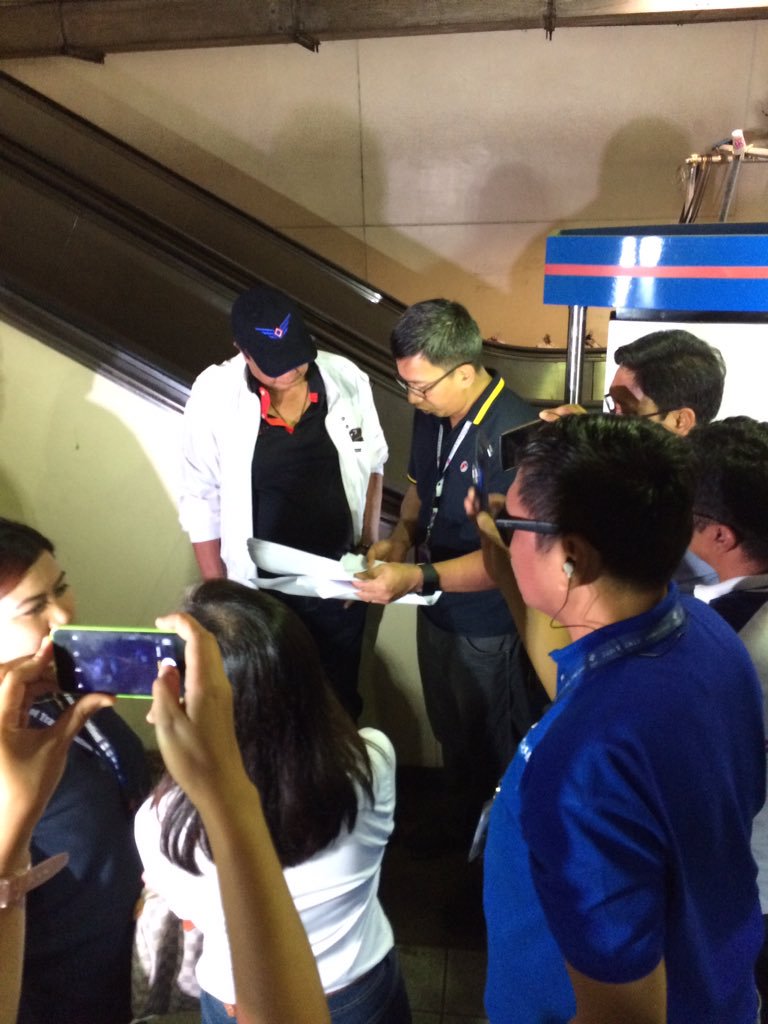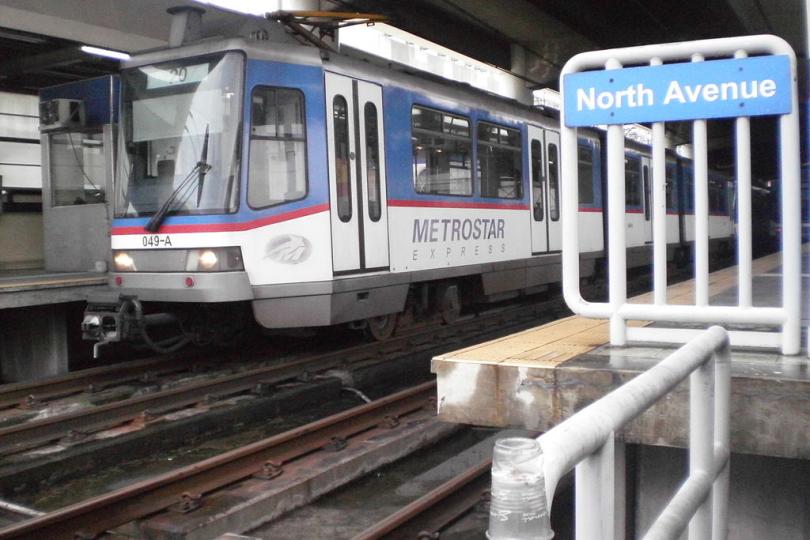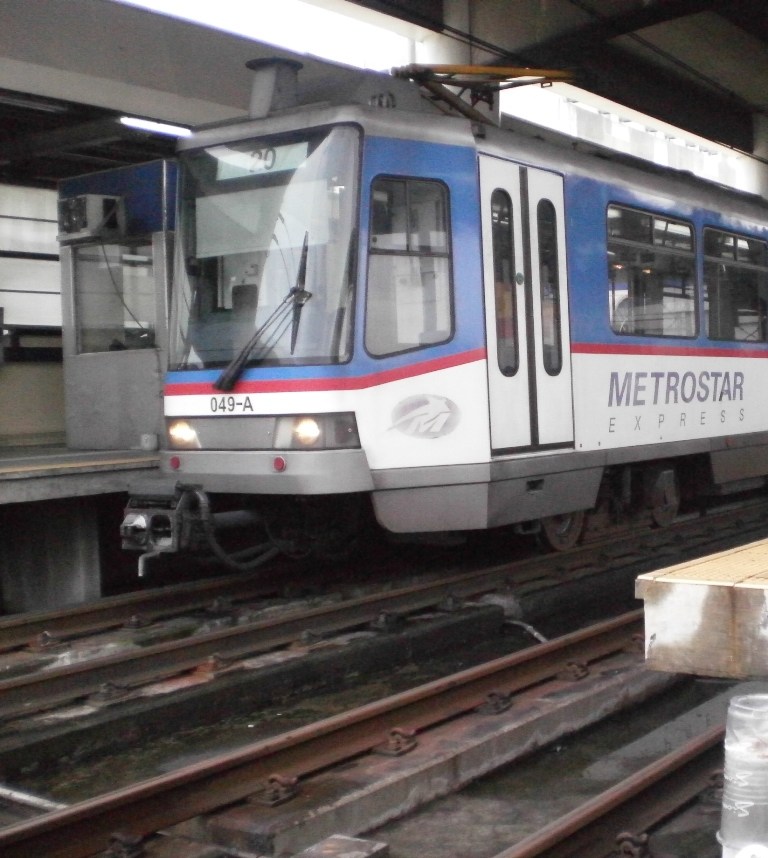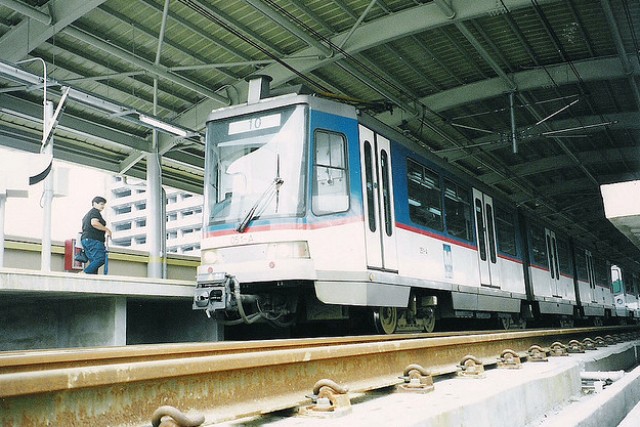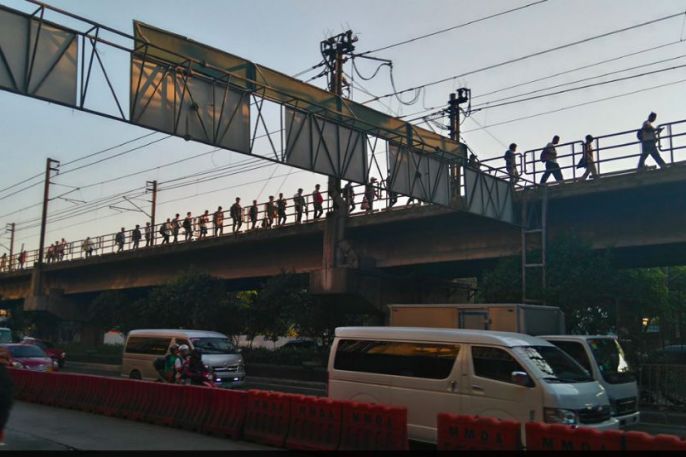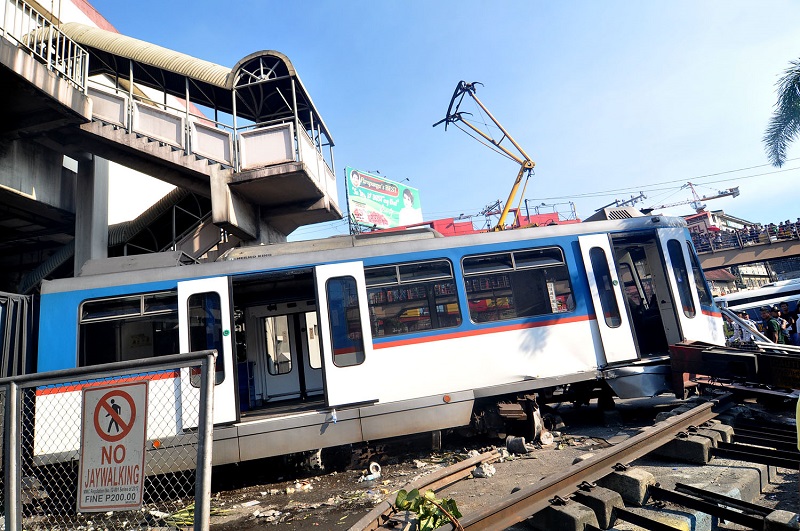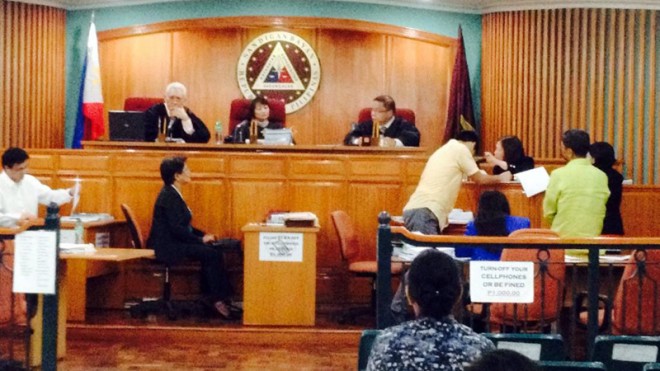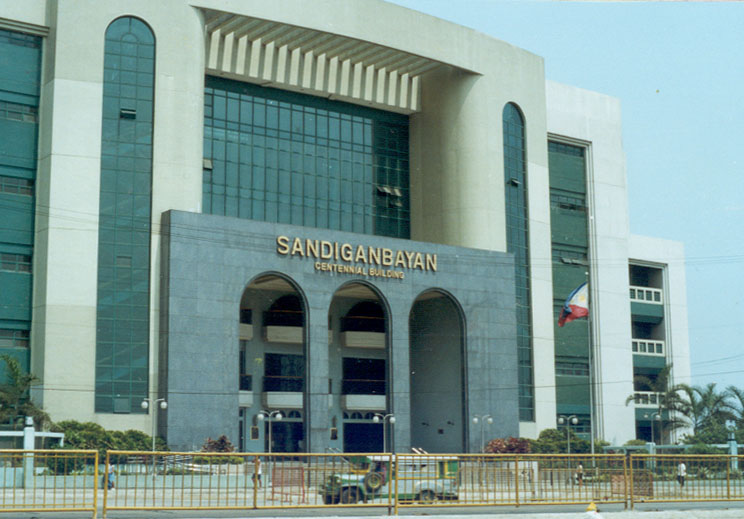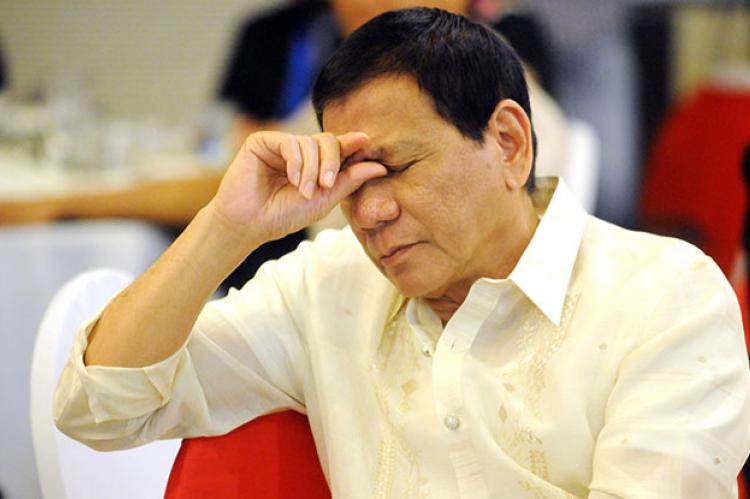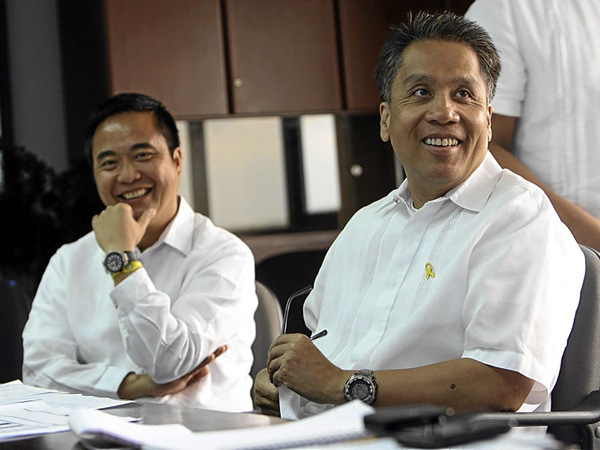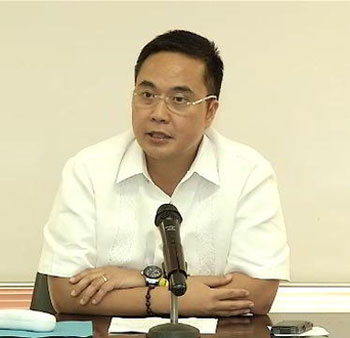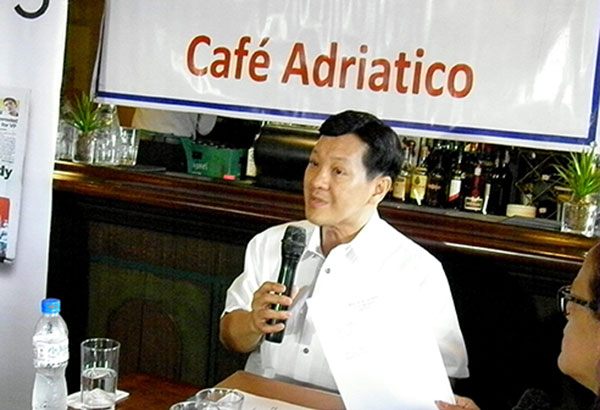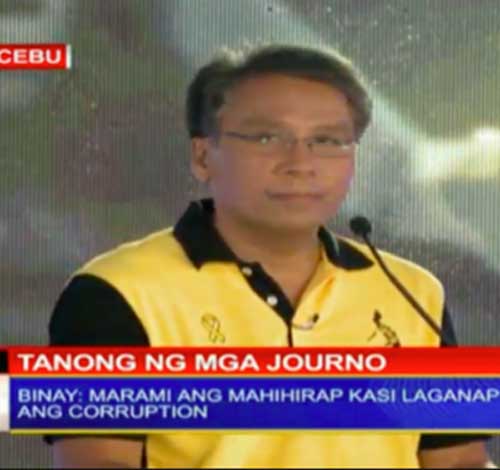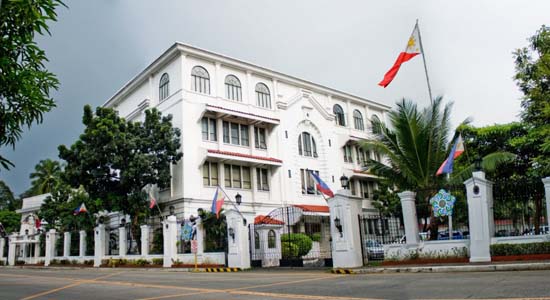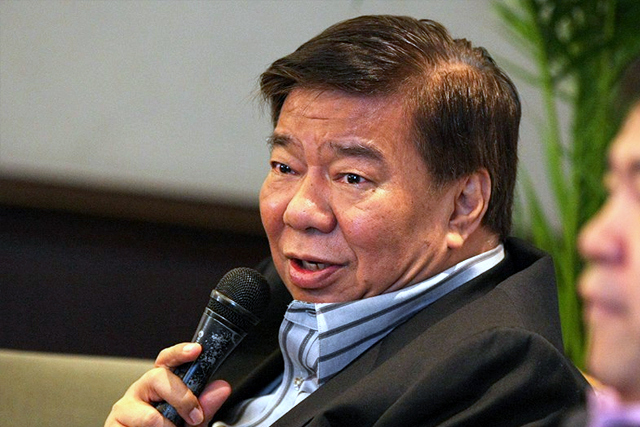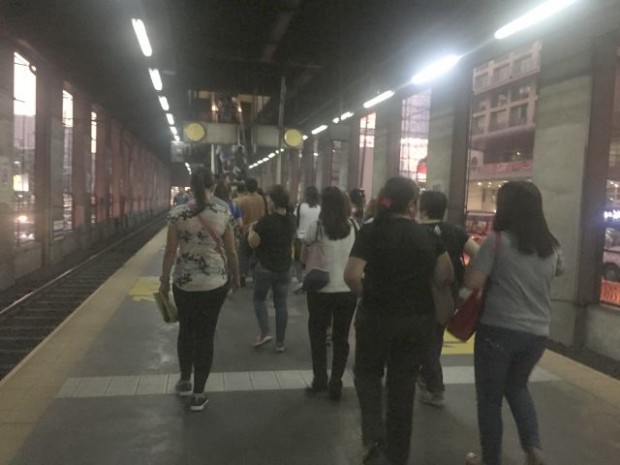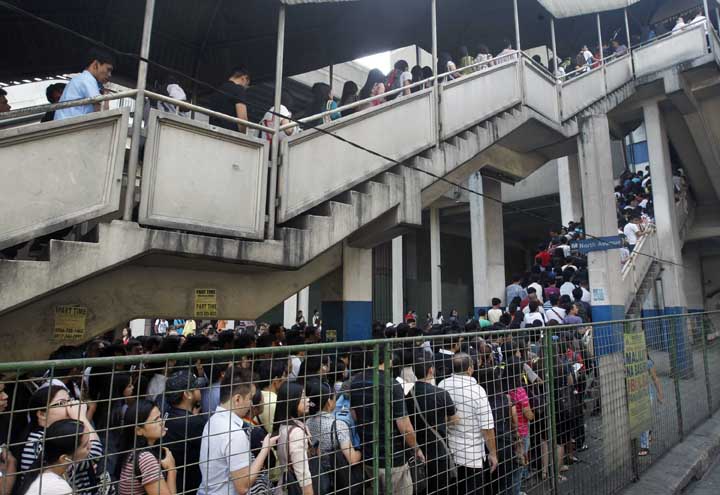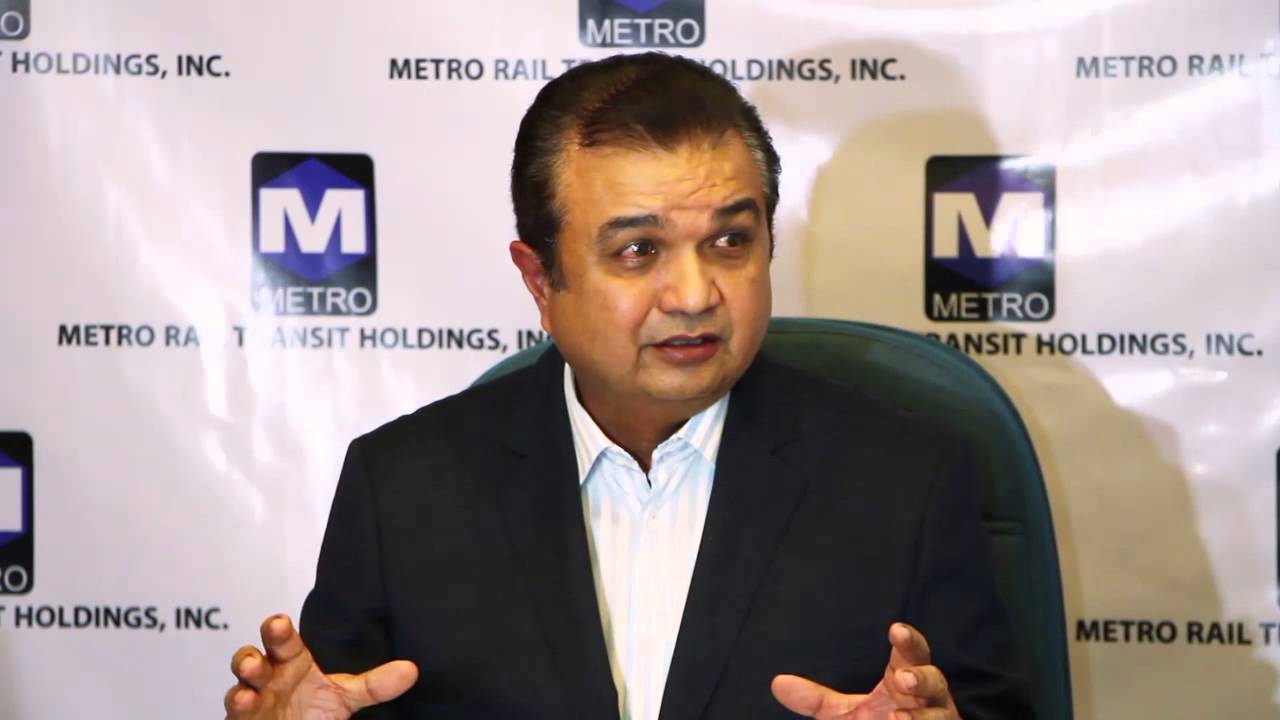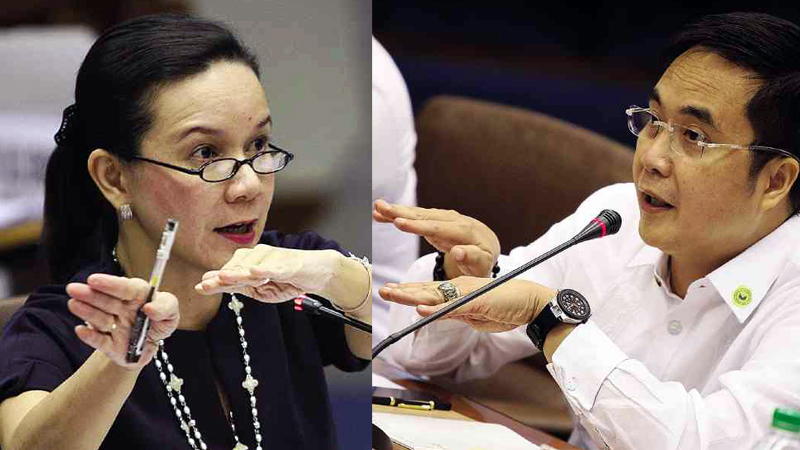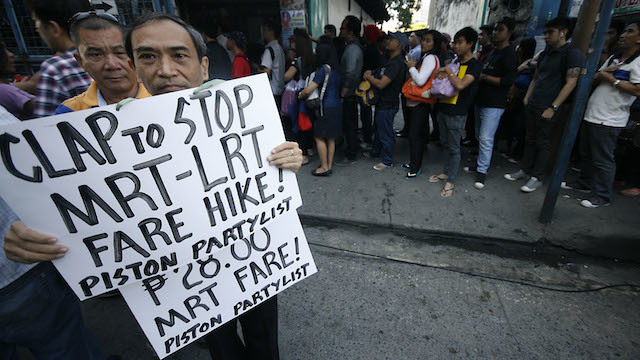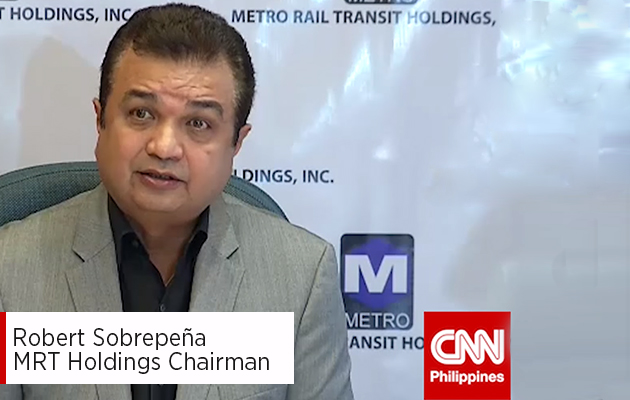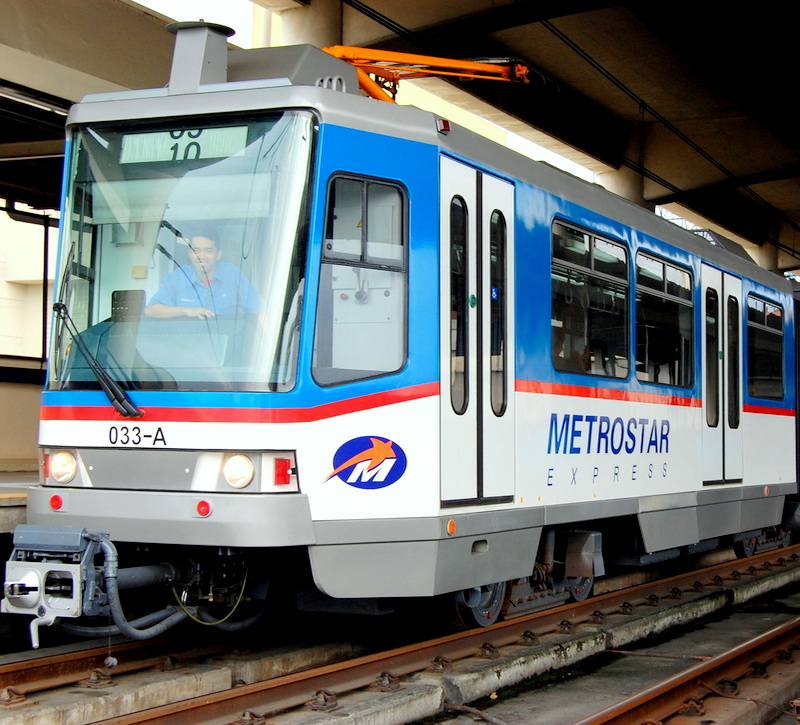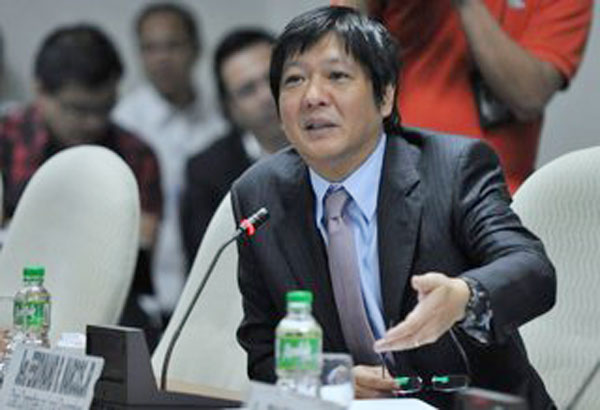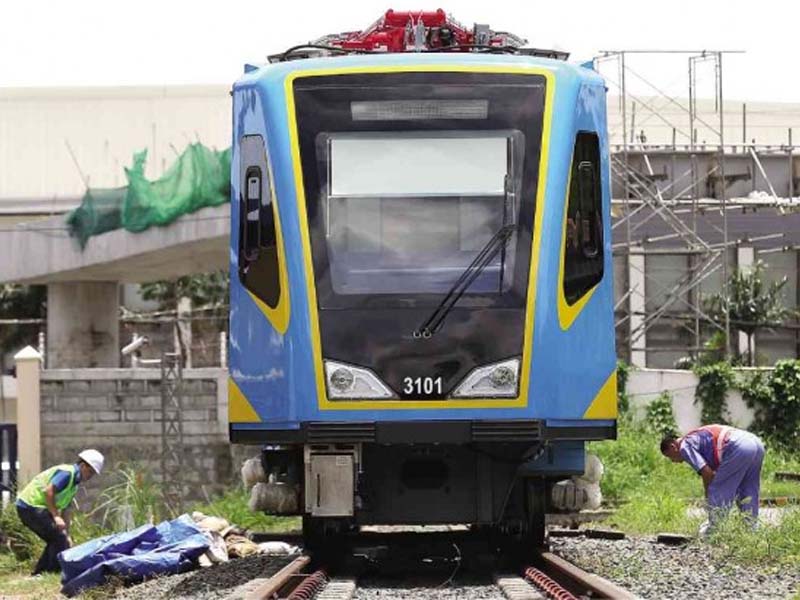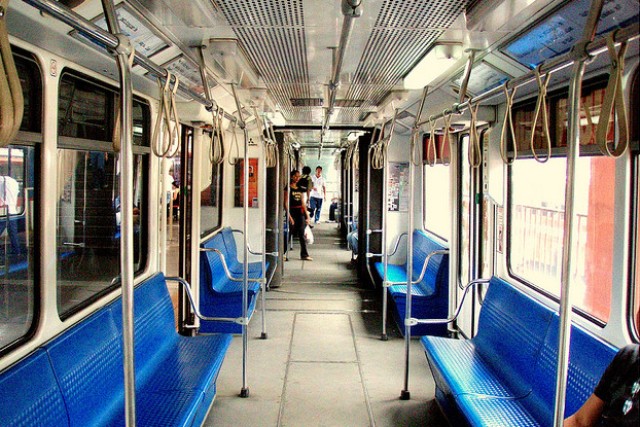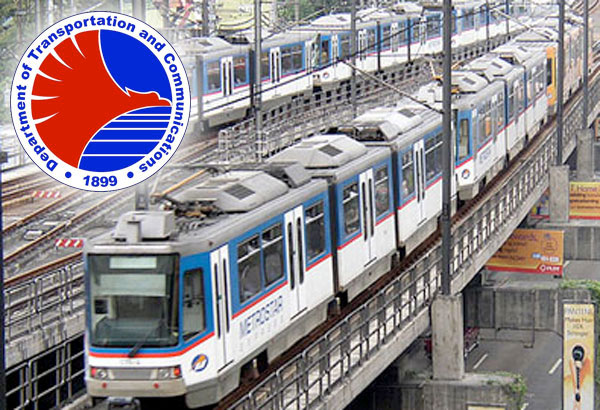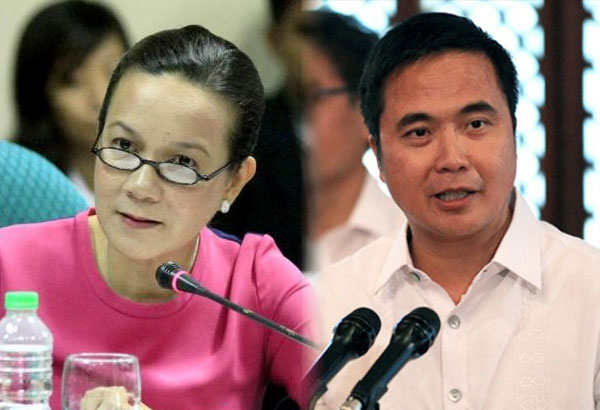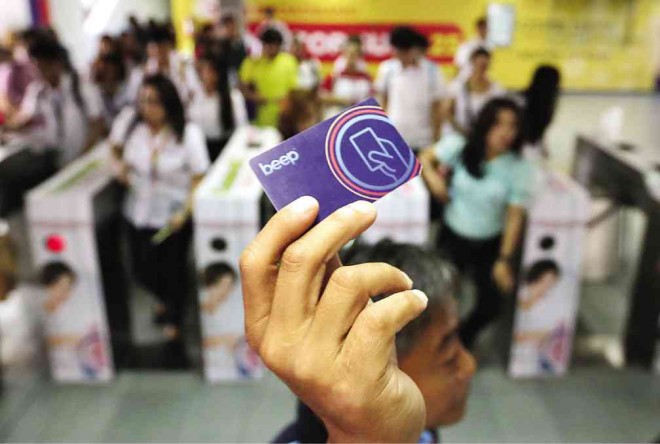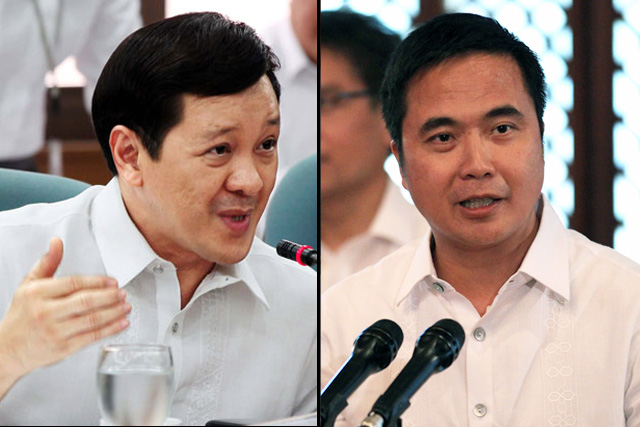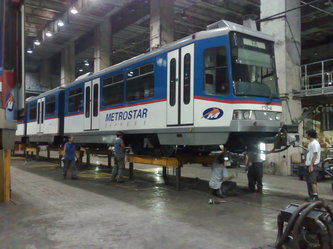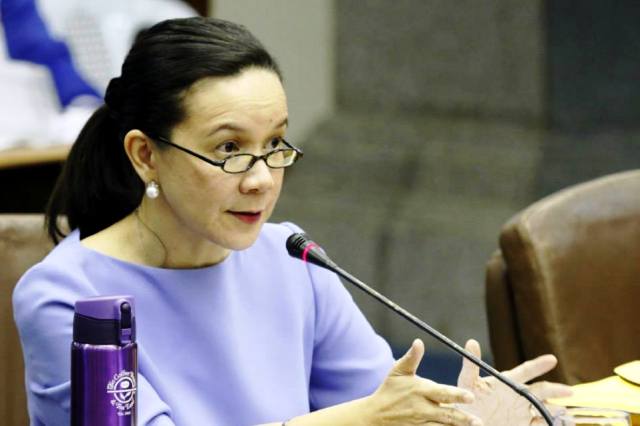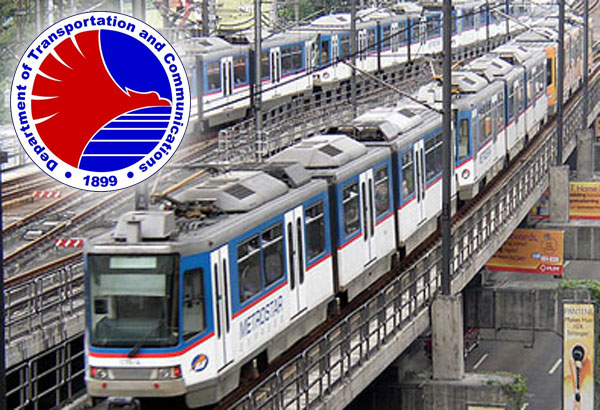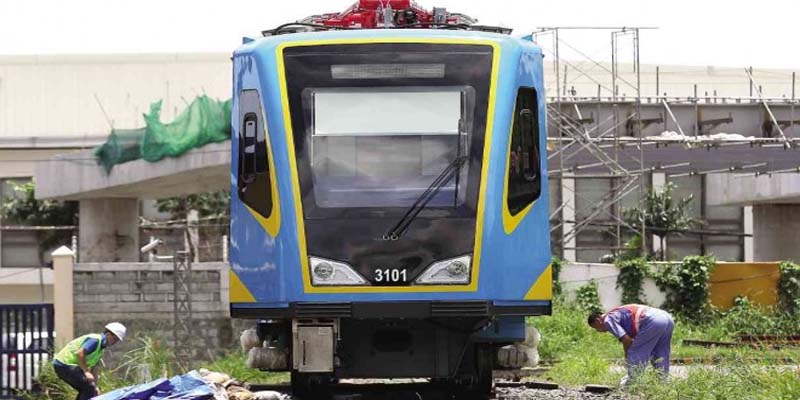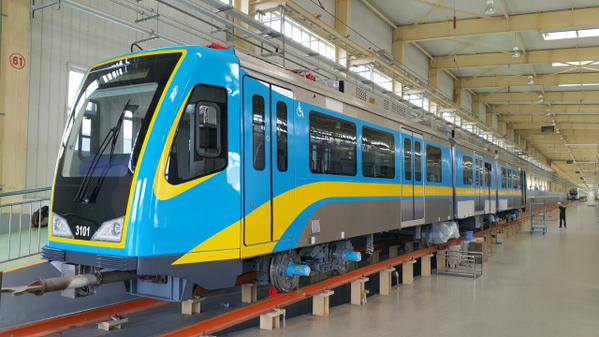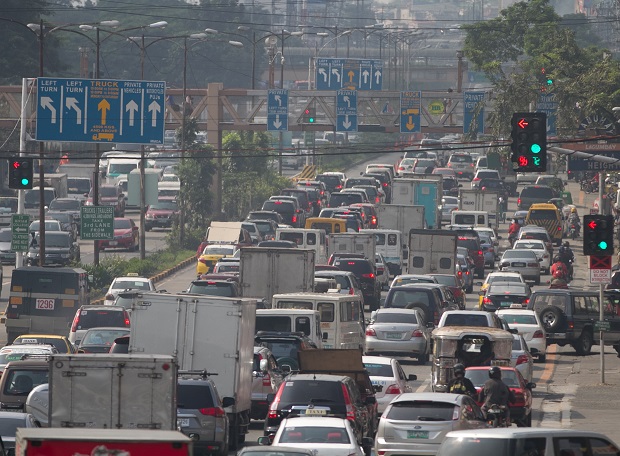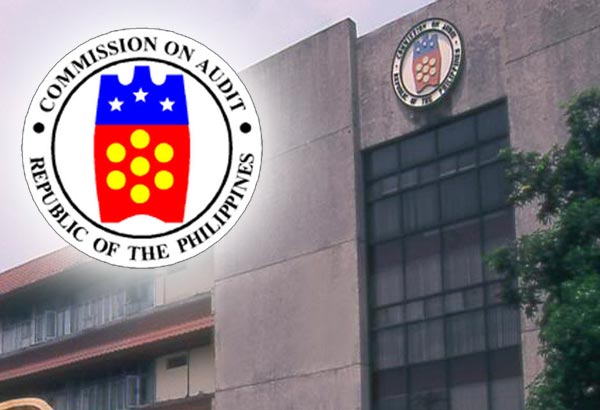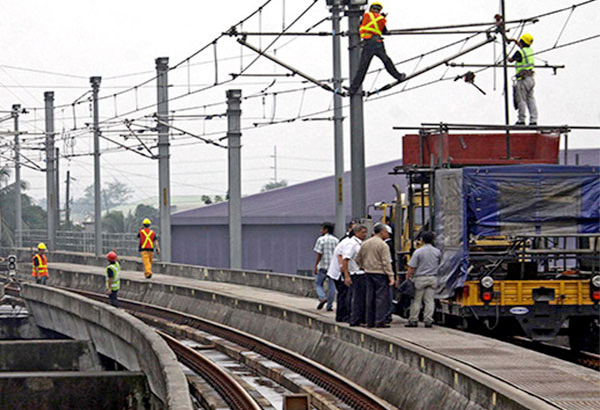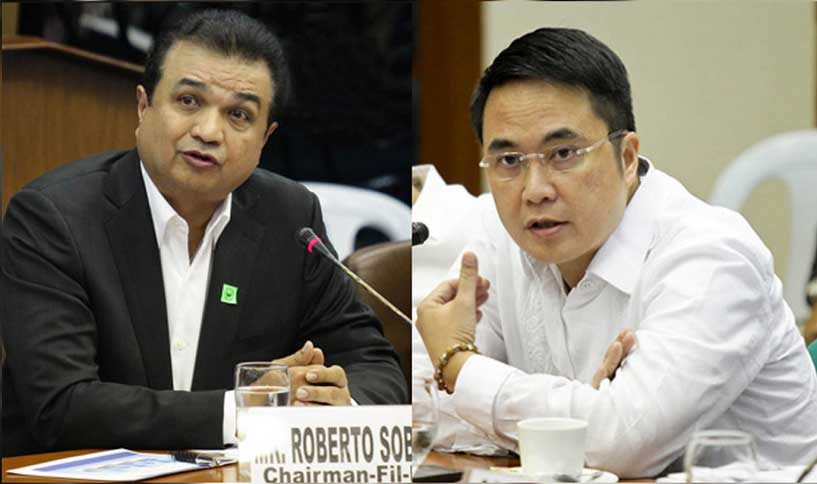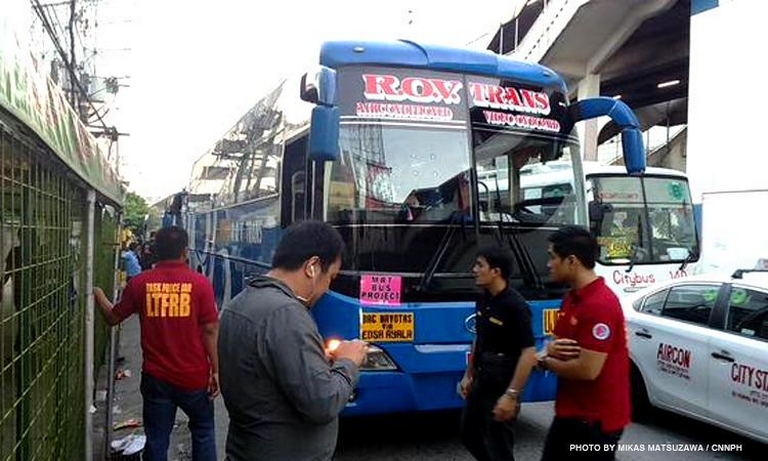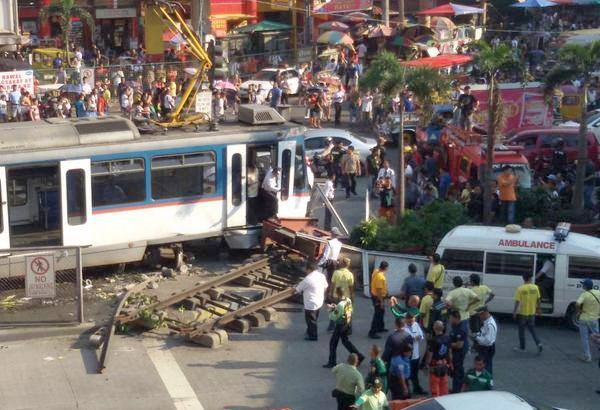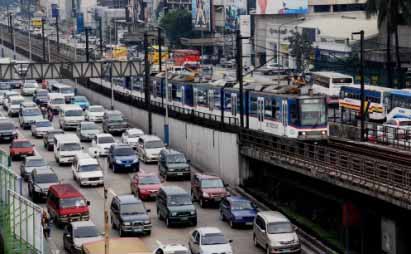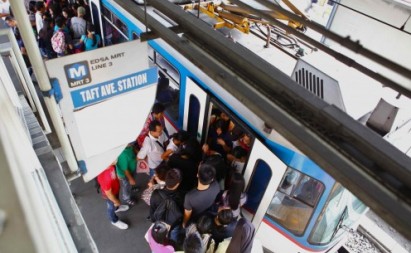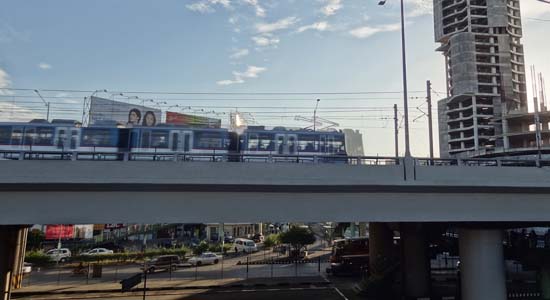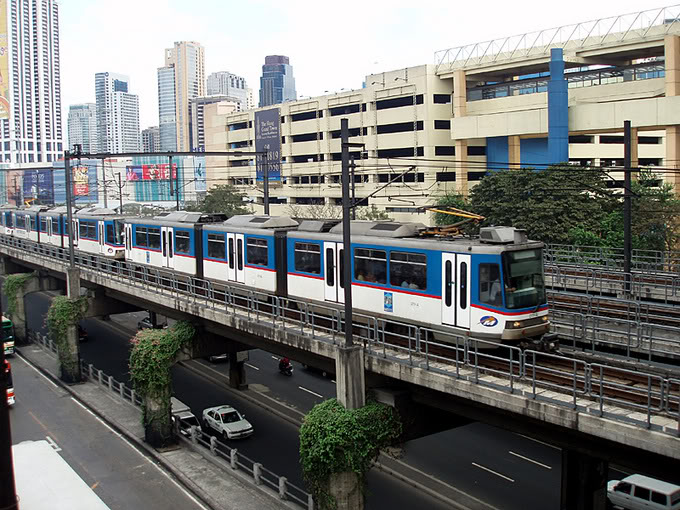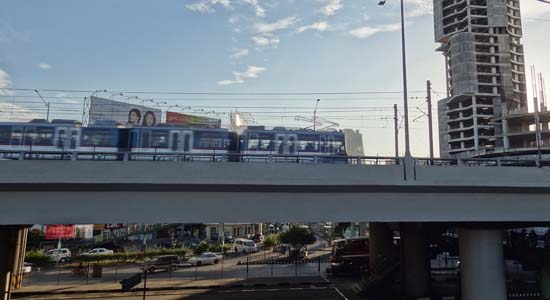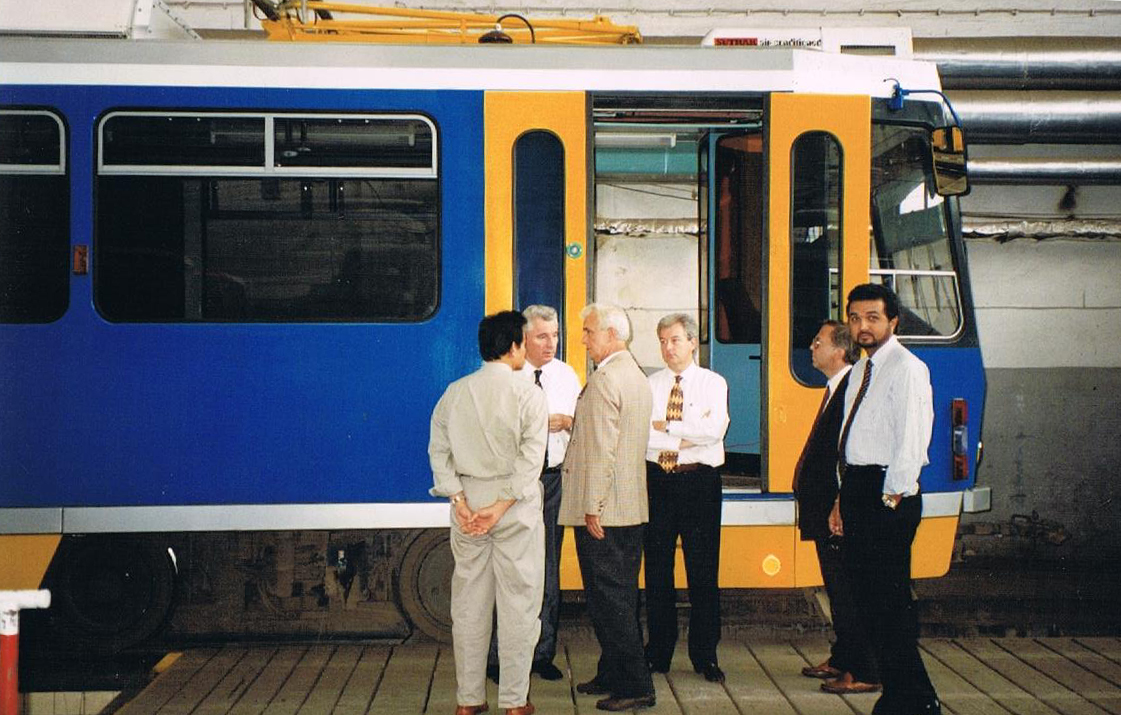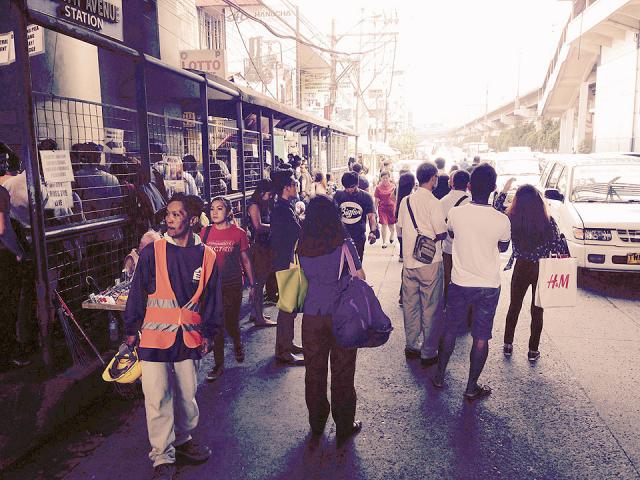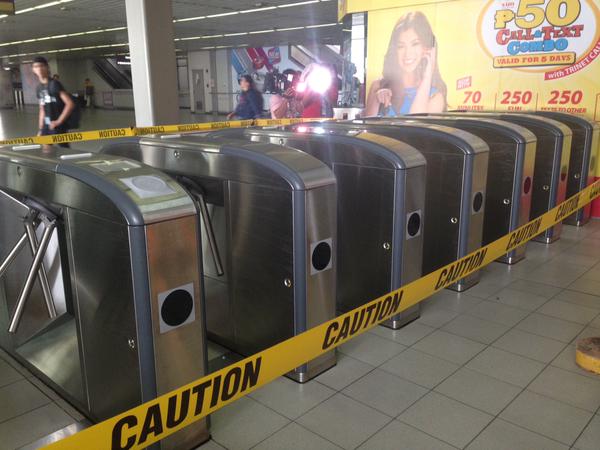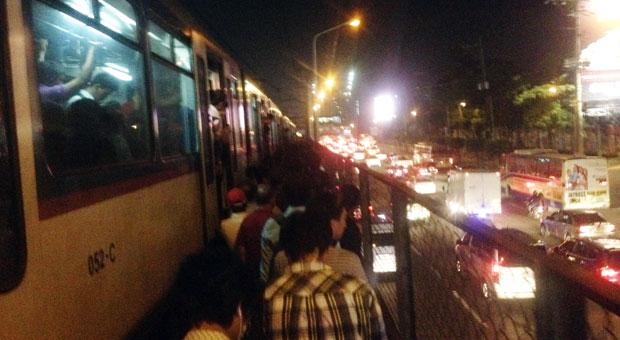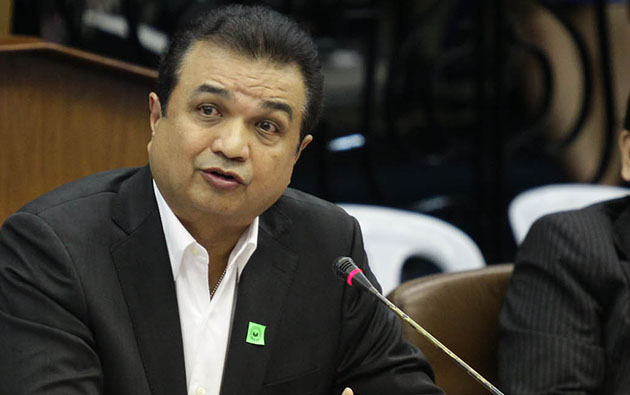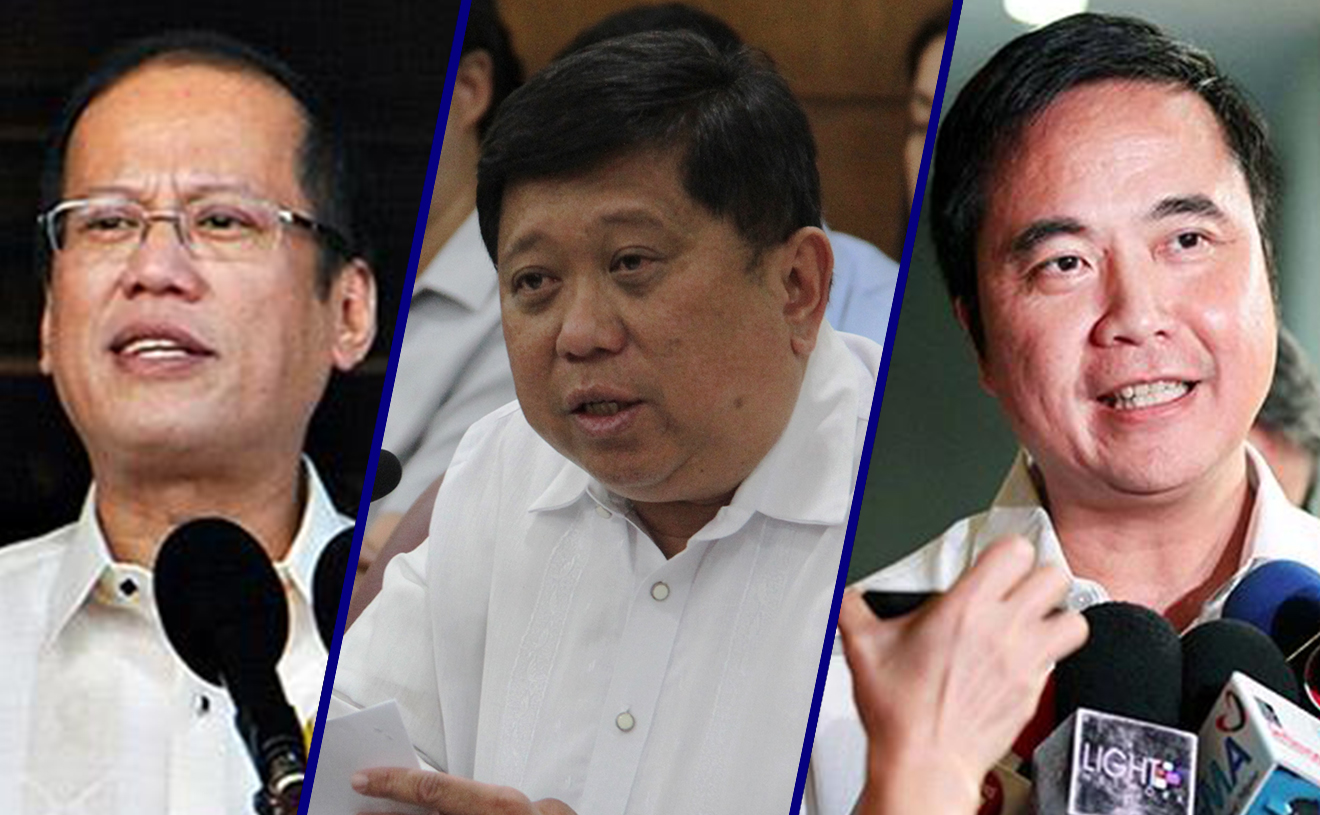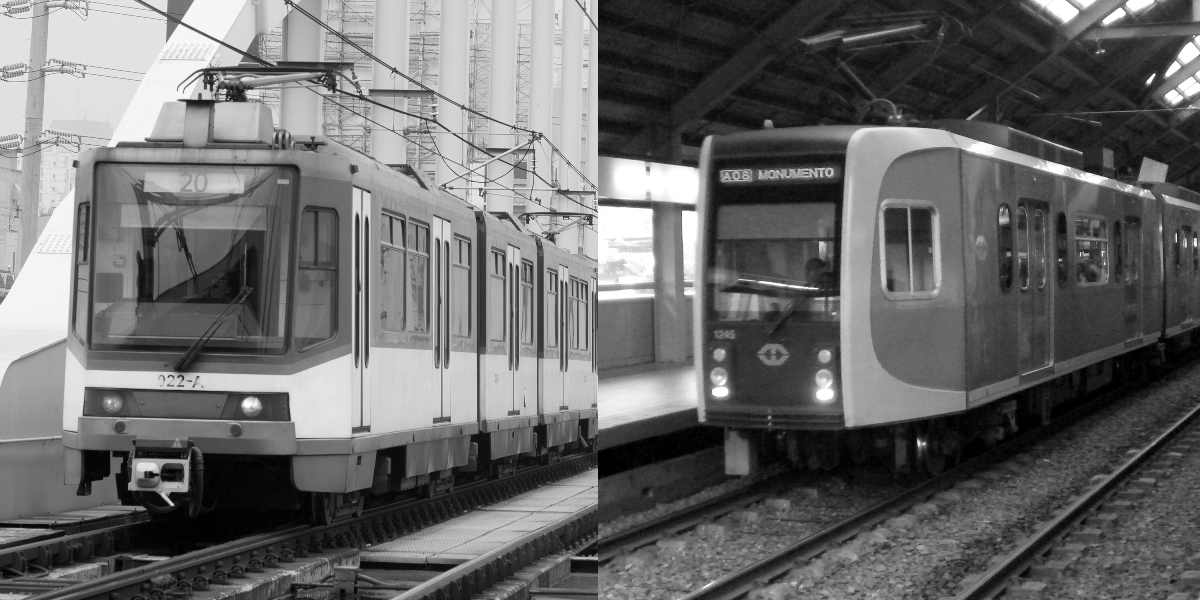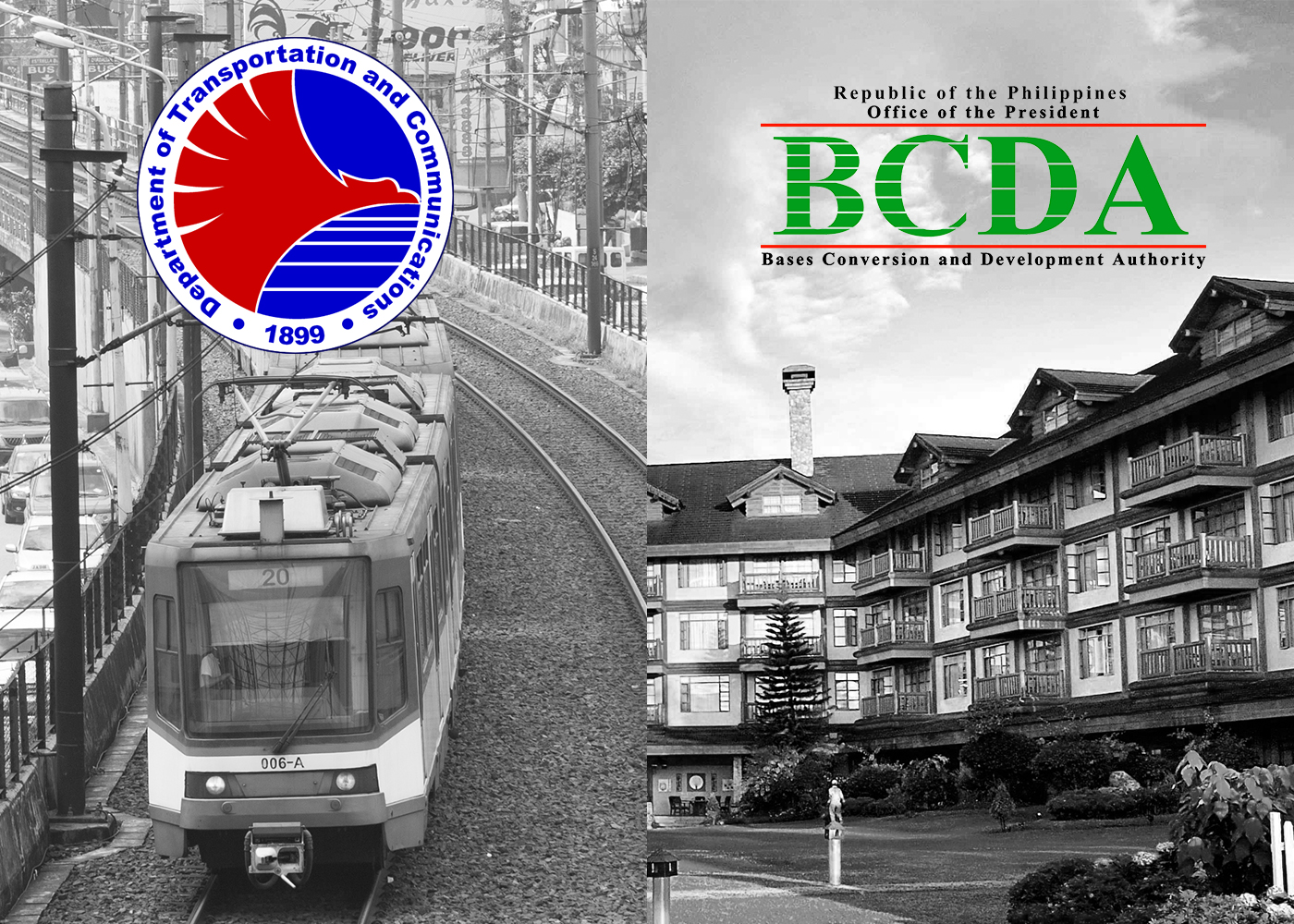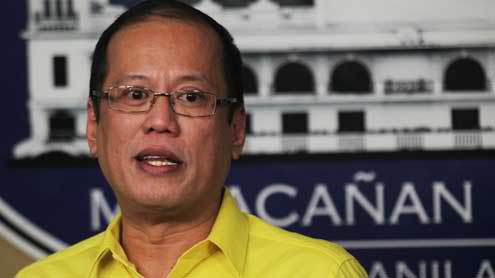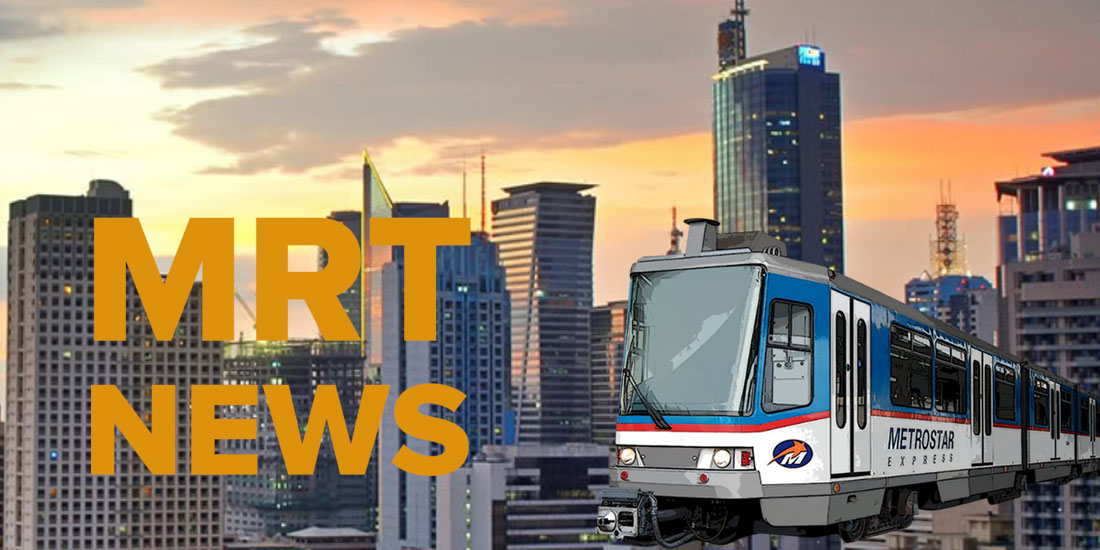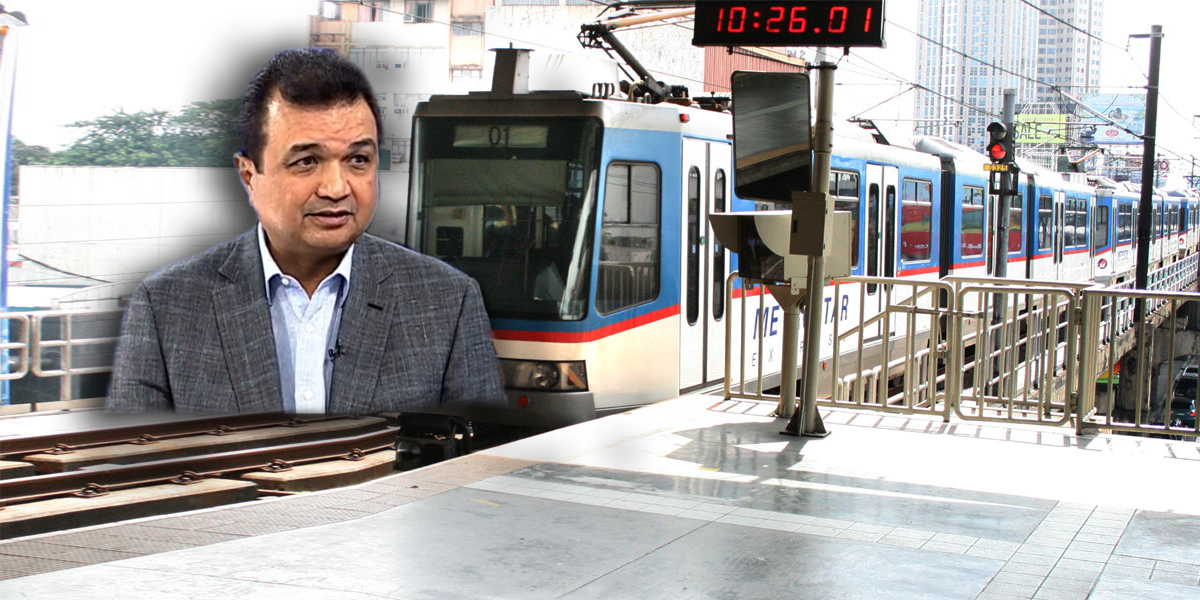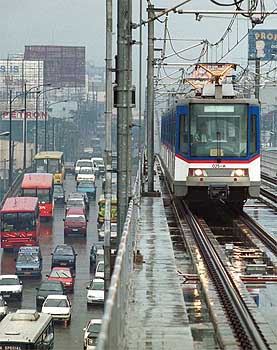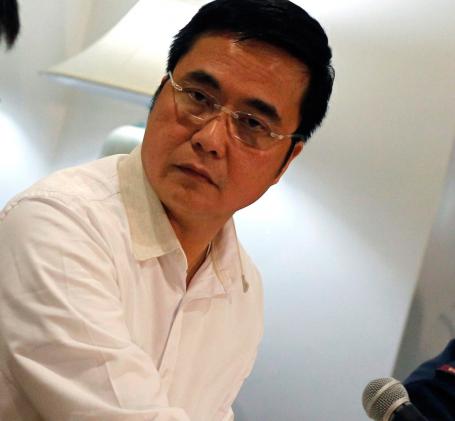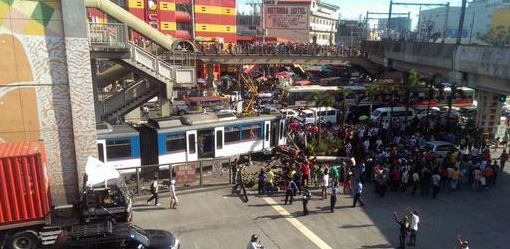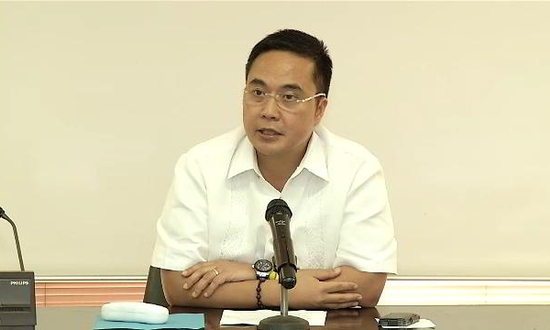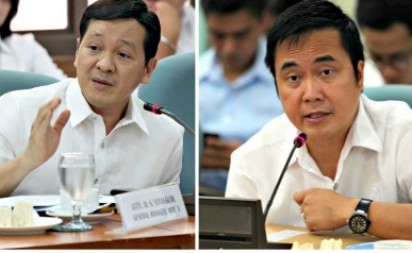by Katerina Francisco | Rappler | February 4, 2016
The Senate subcommittee says its findings should be submitted to the Ombudsman, the justice department, and the Civil Service Commission for appropriate action against erring officials
MANILA, Philippines – A Senate panel led by Senator Grace Poe said there are "strong indications" that transportation officials involved in the operations of the glitch-ridden Metro Rail Transit (MRT3) line violated Republic Act 3109, or the Anti-Graft and Corrupt Practices Act.
In a 45-page report submitted to the Senate committee on public services, the subcommittee blamed the frequent breakdowns of the mass transit line squarely on the Department of Transportation and Communications (DOTC), saying the agency failed to provide competent maintenance providers and ignored recommendations to get more train sets and repair aging rail tracks.
“In the course of the inquiry with regard to malfunction problem of the MRT3, the subcommittee observed the badges of negligence and inactions of the Department of Transportation and Communications officials led by Secretary Joseph Emilio Abaya indicating insensitiveness, callous indifference, and acts disadvantageous to the commuters, the Filipino public and the government,” the report read.
Poe's panel added that the subcommittee report should be submitted to the Office of the Ombudsman, the justice department, and the Civil Service Commission for appropriate action against erring officials. It also said that the findings must be considered as "initial leads as there are strong indications of violations of Republic Act No 3109."
Sections 3(e), 3(f), and 3(g) of the law "could have been violated by DOTC officials involved directly on MRT3 operations," the report said.
The provisions refer to corrupt practices of public officers, including providing unwarranted advantage or preference to a private party and causing undue injury to the government; neglecting to act without sufficient justification within a reasonable time; and entering into contracts disadvantageous to the government.
Since an MRT3 train derailed in August 2014, Poe has led committee hearings to investigate the cause of the frequent glitches encountered by the train line, the worsening condition of train facilities and passengers' riding experience, and the issues surrounding the procurement of a long-term maintenance provider.
In the subcommittee report, Poe blamed the "derailment and danger of riding the MRT" on the absence of a good maintenance provider, and outlined the circumstances behind the DOTC's awarding of the maintenance contract to "inefficient" and "questionable" contractors PH Trams and APT-Global.
The panel report also said the DOTC might have accorded "unwarranted benefits" to PH Trams and APT Global, and that it exercised "gross inexcusable negligence" in allowing the deterioration of the MRT3 by not immediately hiring a competent maintenance provider.
It also found the DOTC's awarding of a contract for the acquisition of 48 new light rail vehicles (LRVs) "suspicious," saying the Chinese firm Dalian has not established a reputation for the manufacturing of LRVs.
The DOTC's move, the report added, also neglected what could have been better maintenance providers and violated the terms of the government's build-lease-transfer agreement with the Metro Rail Transit Corporation.
In December 2015, the Ombudsman filed criminal charges against former MRT3 general manager Al Vitangcol III and 5 executives of PH Trams over the awarding of an MRT3 interim maintenance contract without public bidding in 2012.
Poe had questioned why Abaya was spared from graft charges.
In recent months, the senator, who is now running for president in the 2016 elections, has called for Abaya's resignation over the problems of the mass transit line, which carries almost twice its carrying capacity and encounters frequent technical disruptions.
Aside from recommending appropriate cases against erring officials, the subcommittee also recommended the following:
• Enactment of a National Transportation Safety Board that would serve as a central independent agency to investigate transportation issues and assess existing policies
• Setting up a multi-sectoral body composed of international experts, the business sector, and civil society that could serve as "an additional resource for the evidently inadequate maintenance and management"
• Replacing the current maintenance contractor
• In case of disrupted operations, providing vouchers for refunds of fares, shuttle services for stranded passengers, and umbrellas for queuing passengers
The subcommittee report was based on information gathered from 50 resource persons over the course of 5 hearings and one ocular inspection.
In his final State of the Nation Address (SONA) last year, Aquino blamed the MRTC, the private firm tasked to maintain the upkeep of the train line, for the current woes of the MRT3. – Rappler.com
 Twitter
Twitter Facebook
Facebook